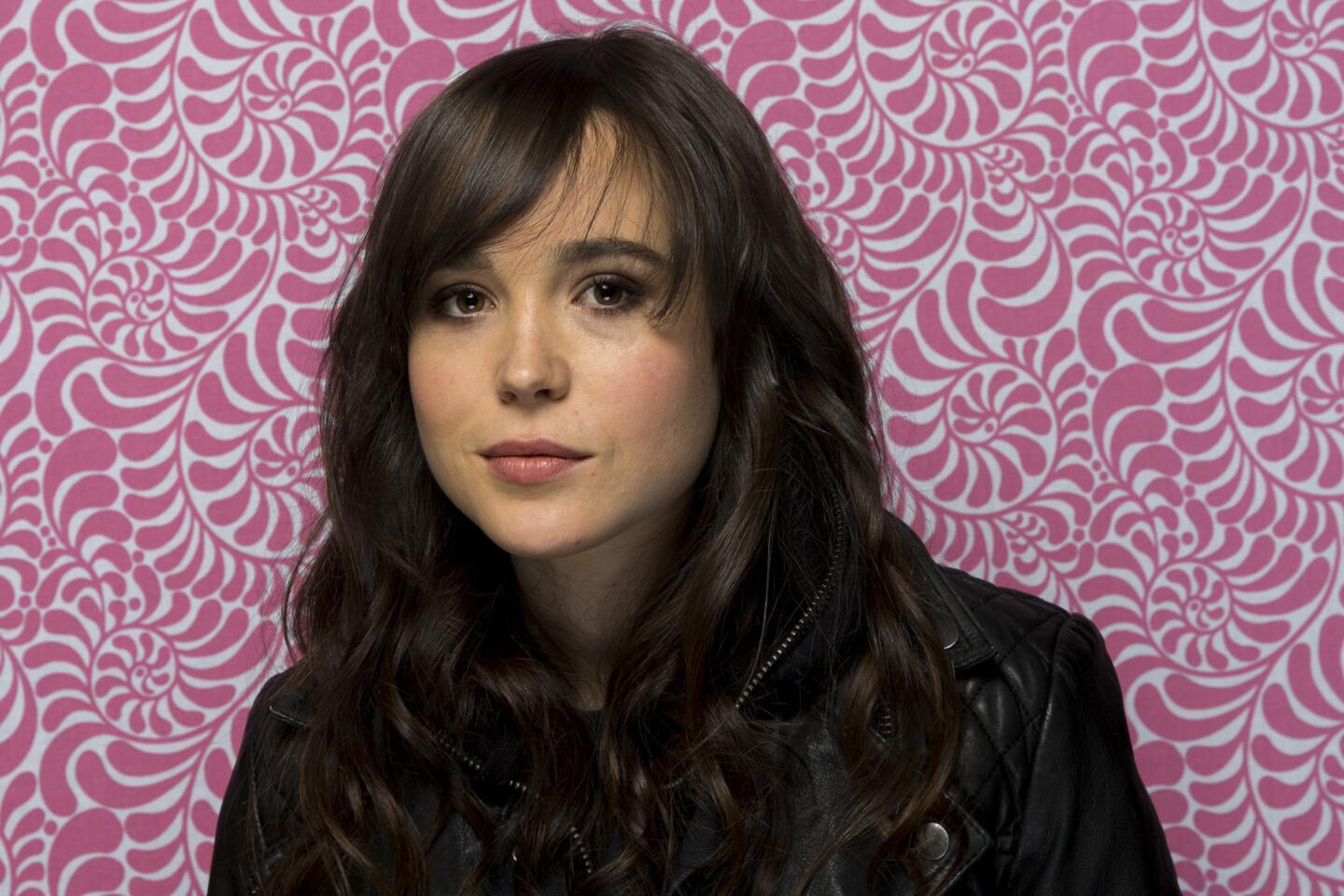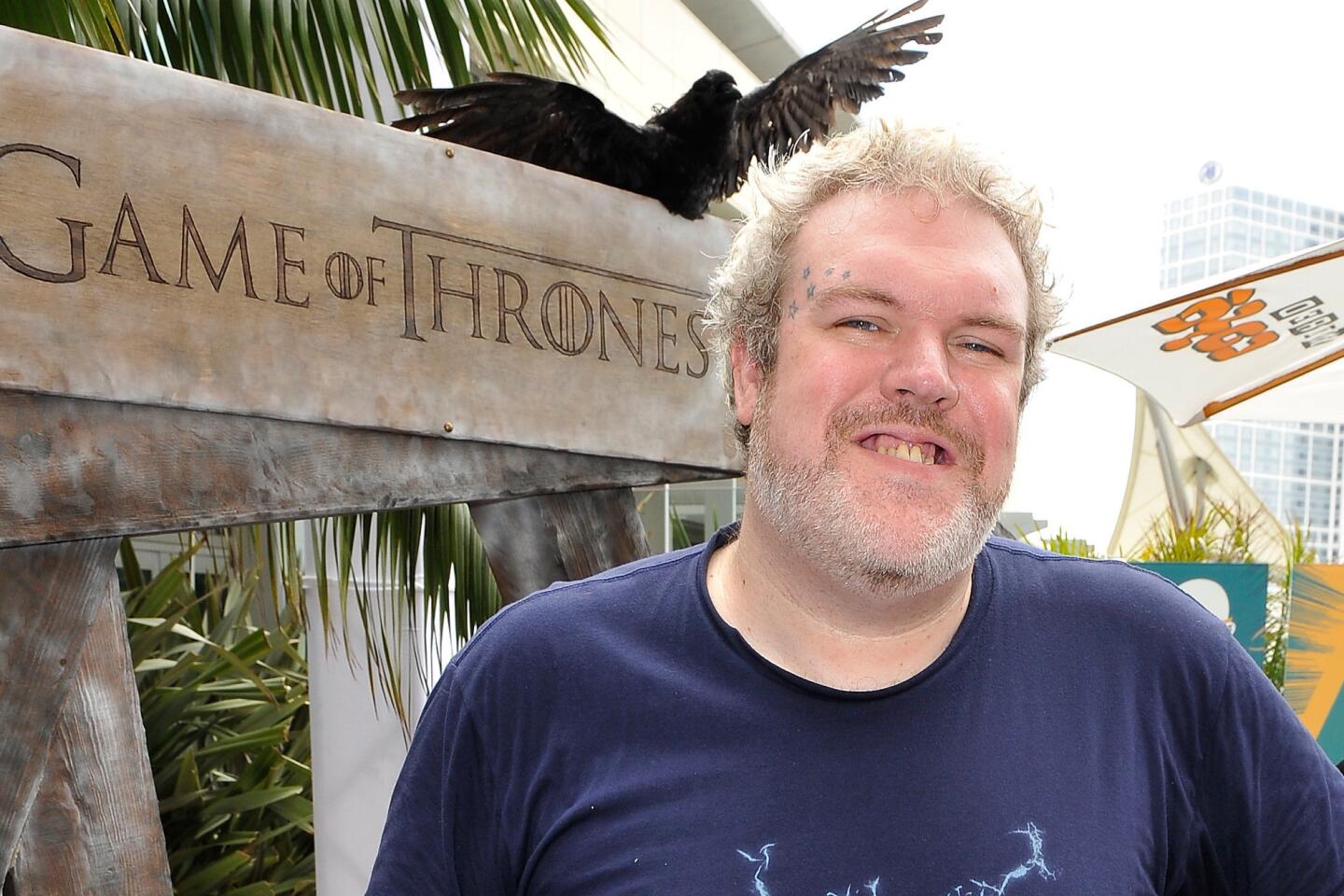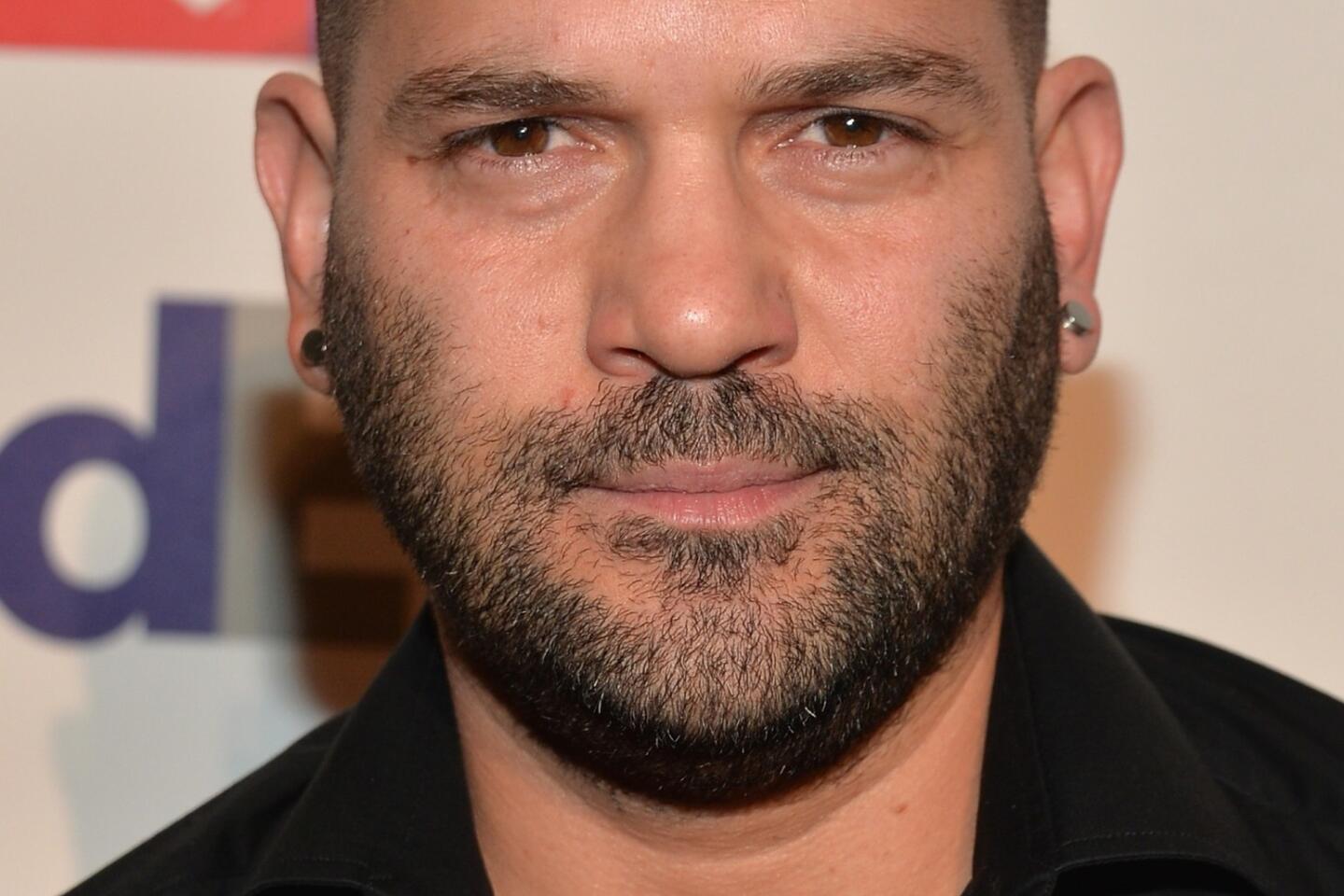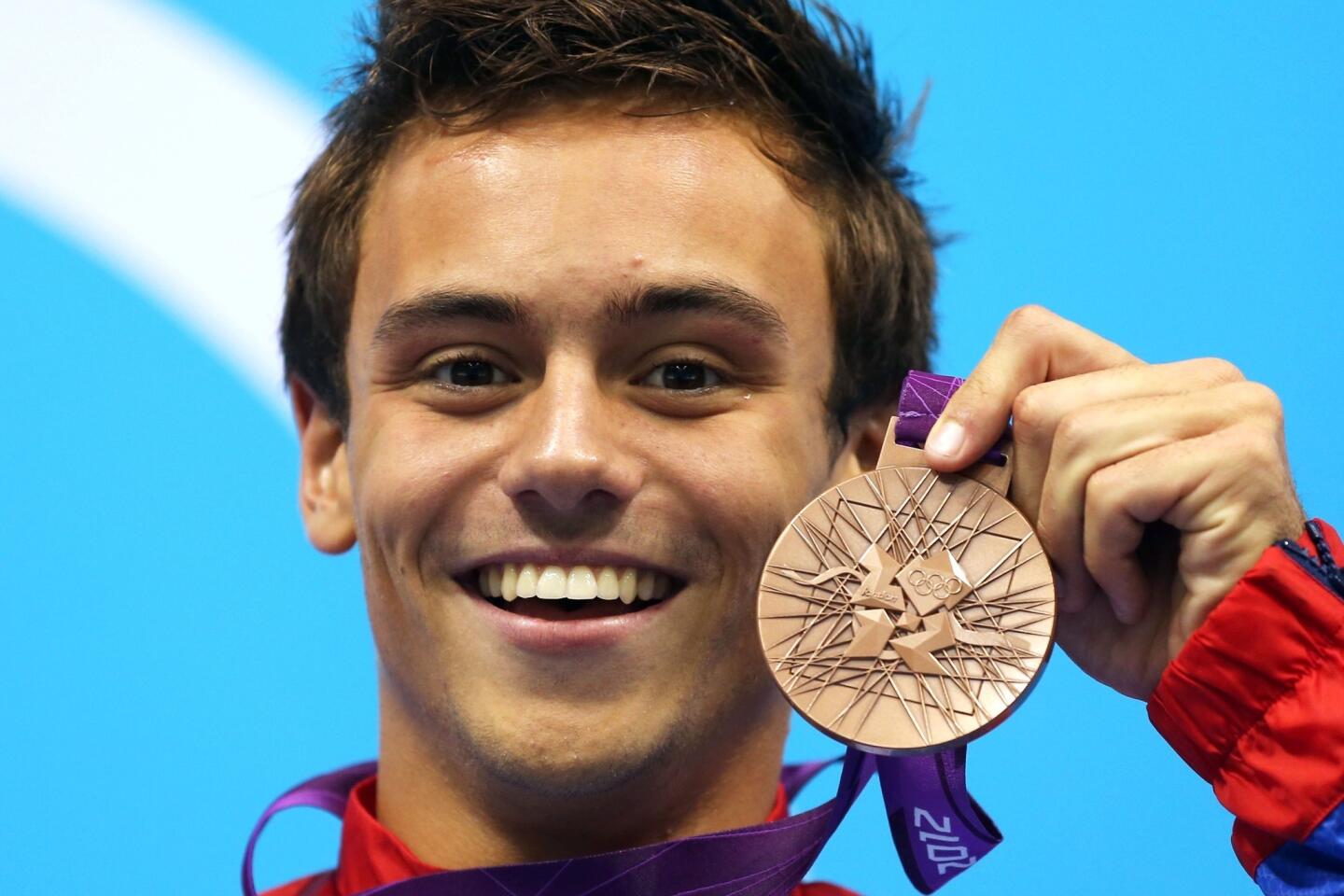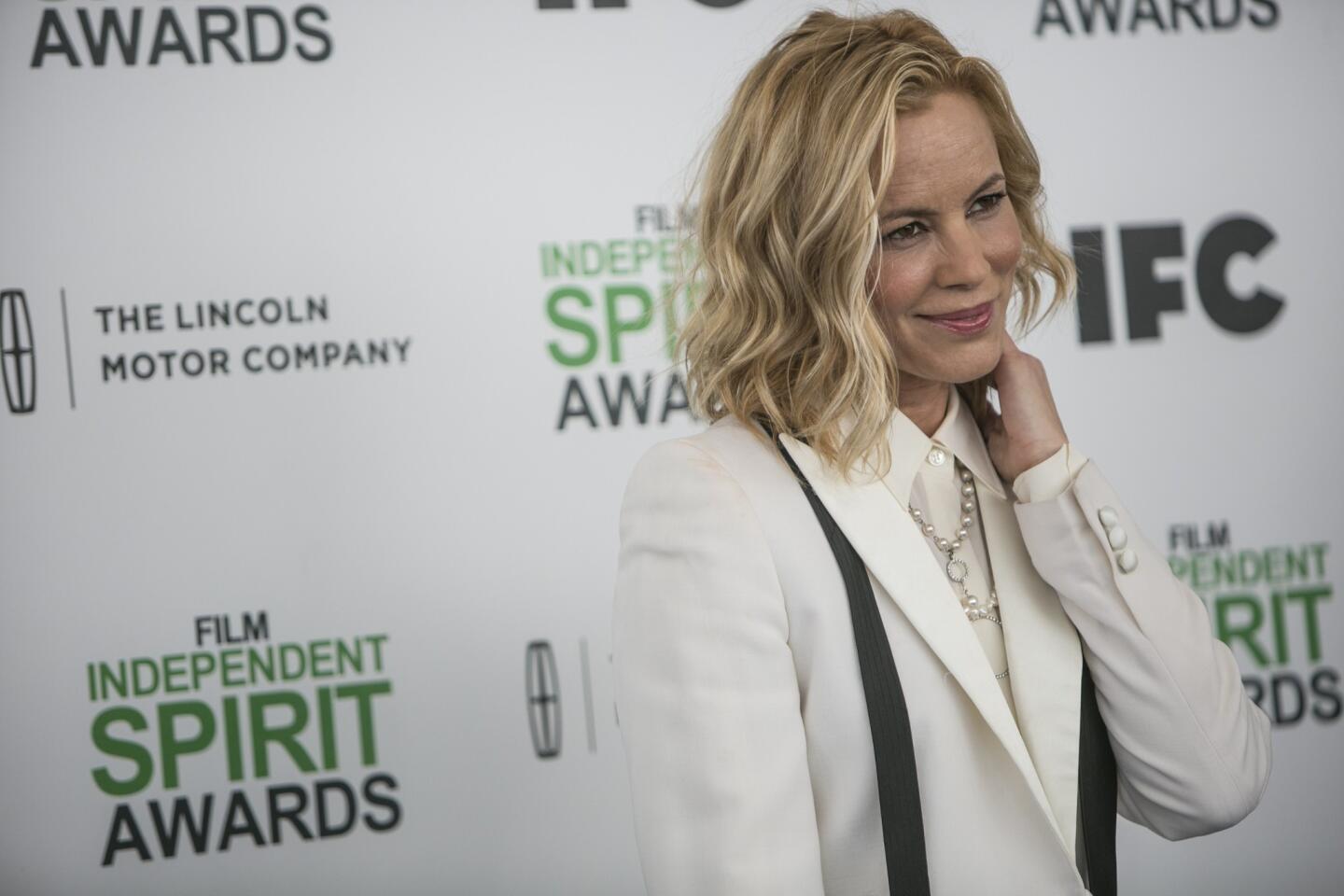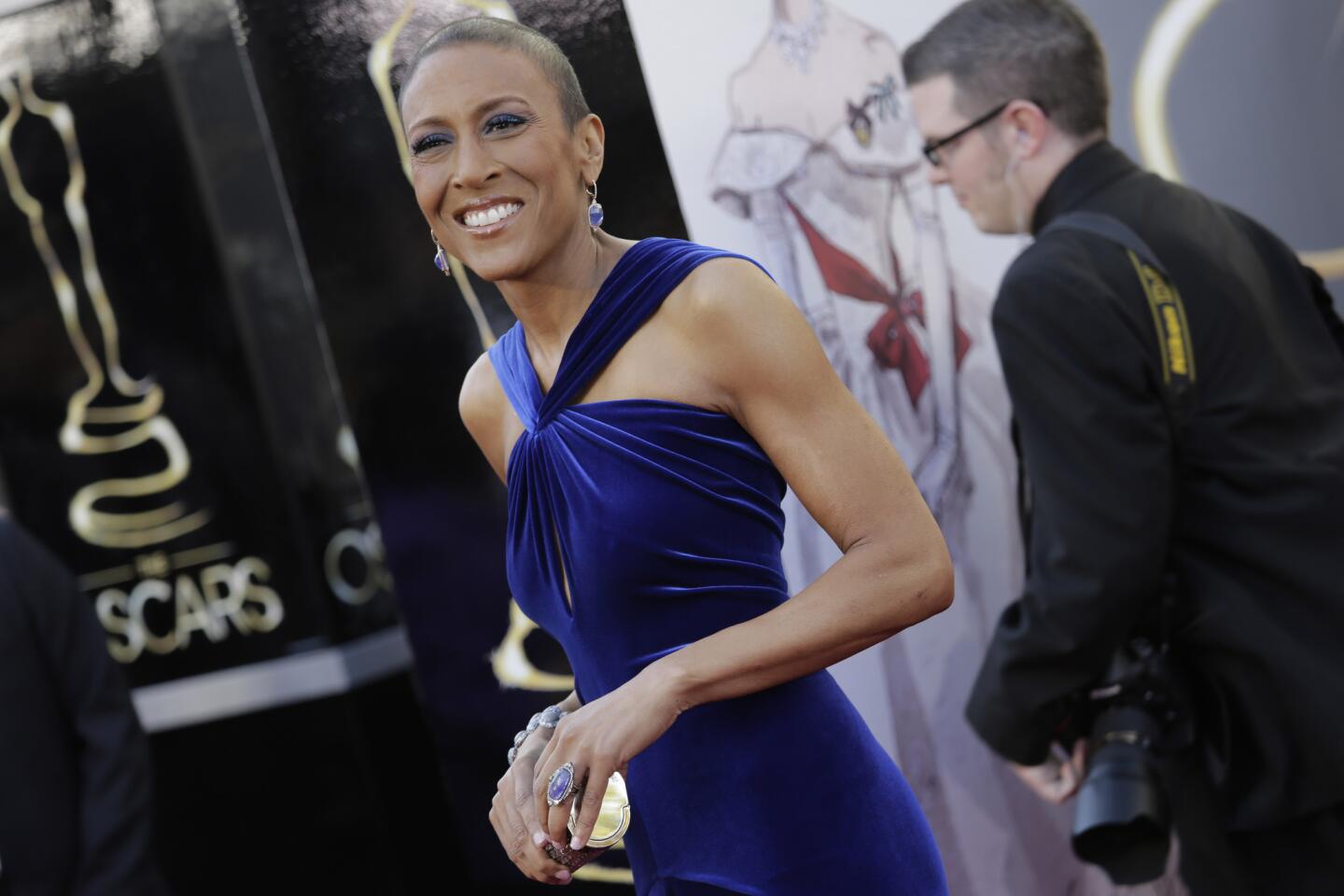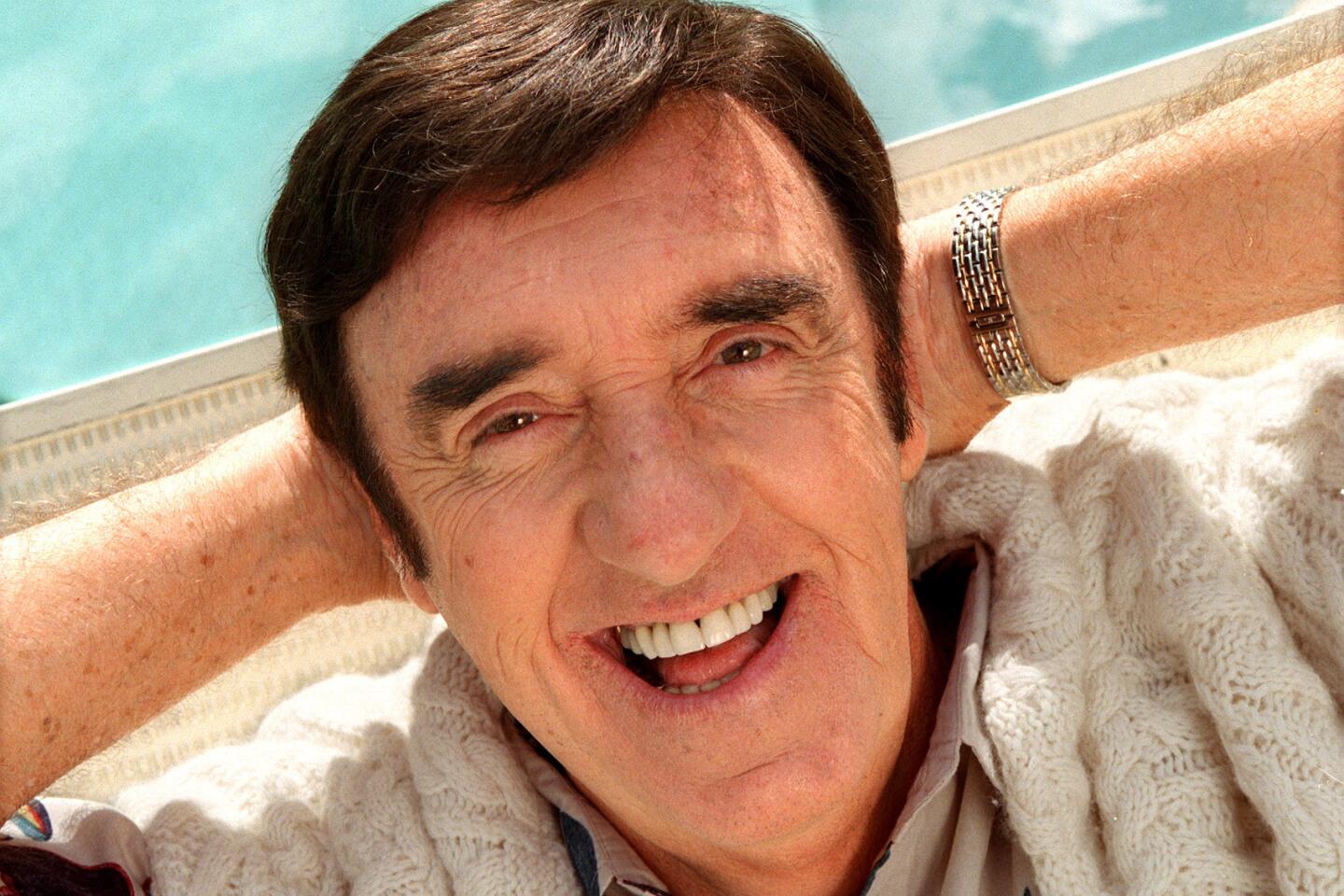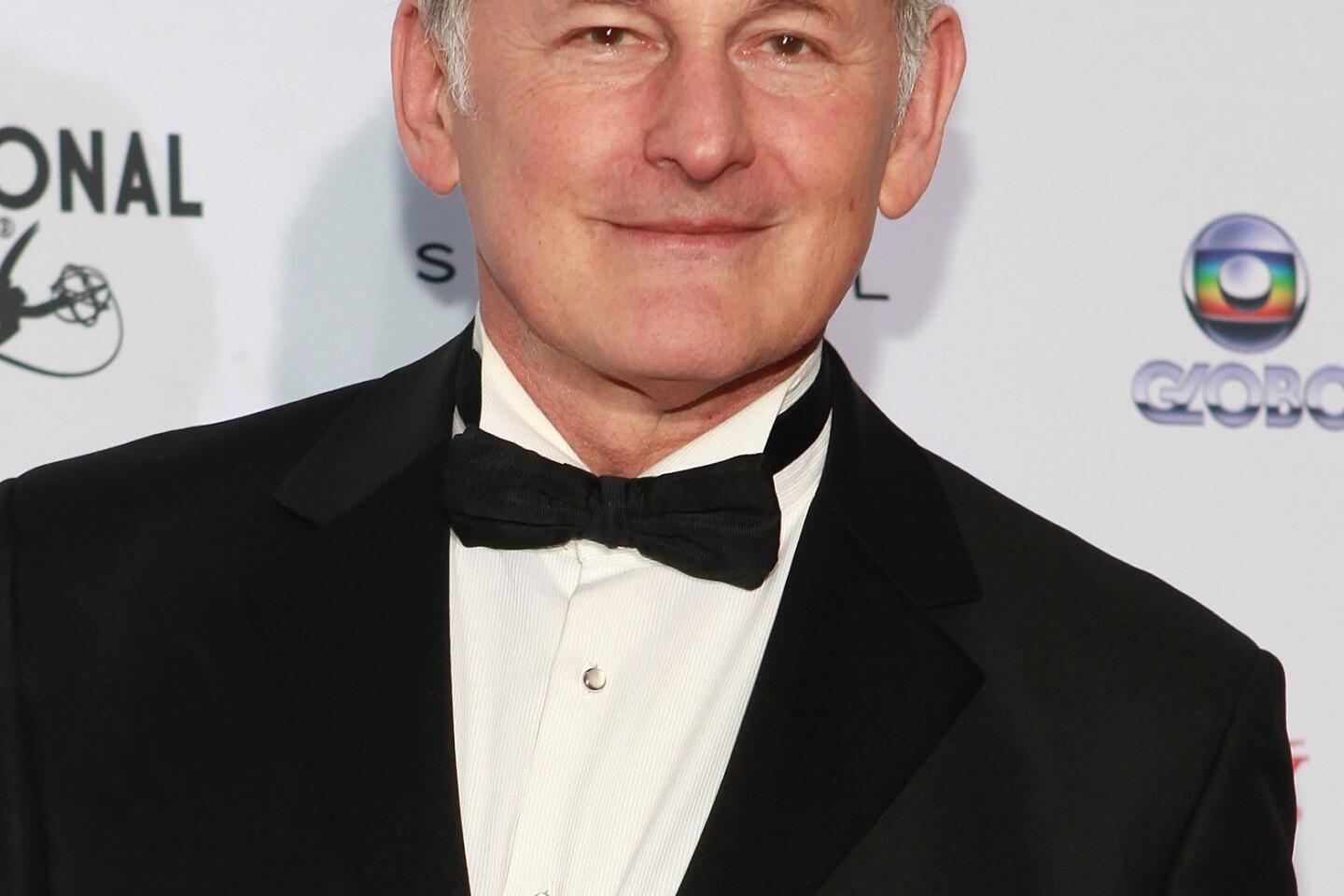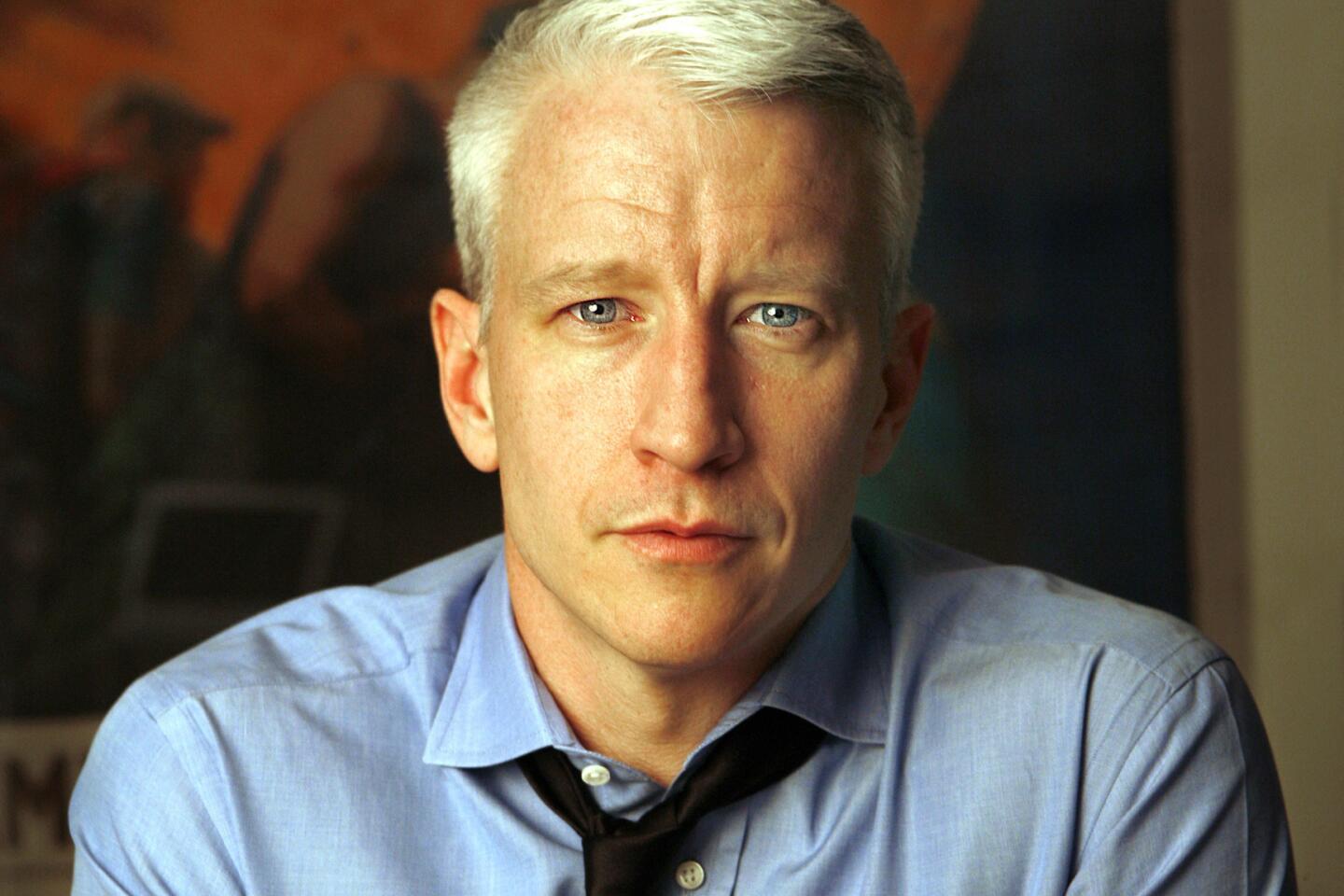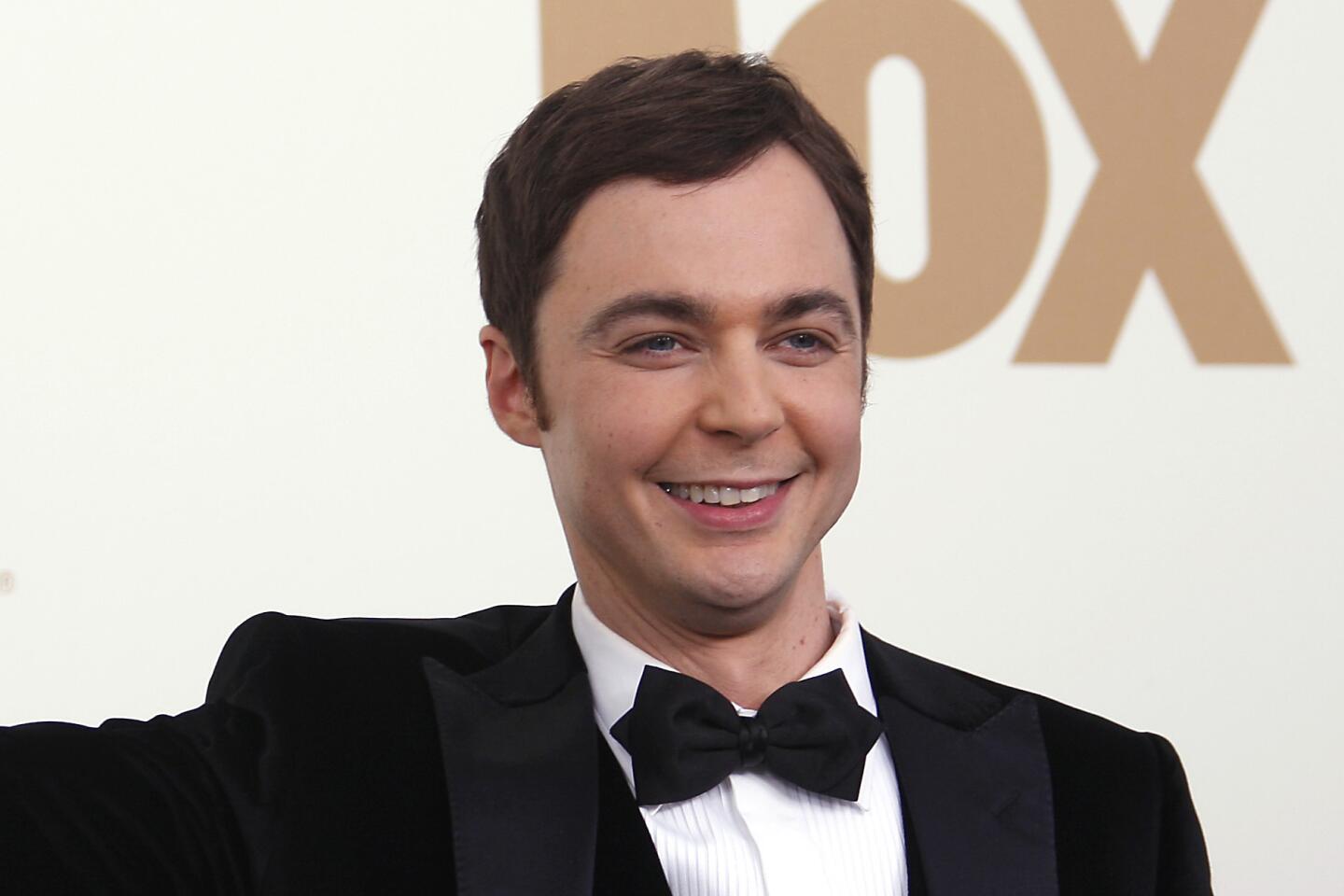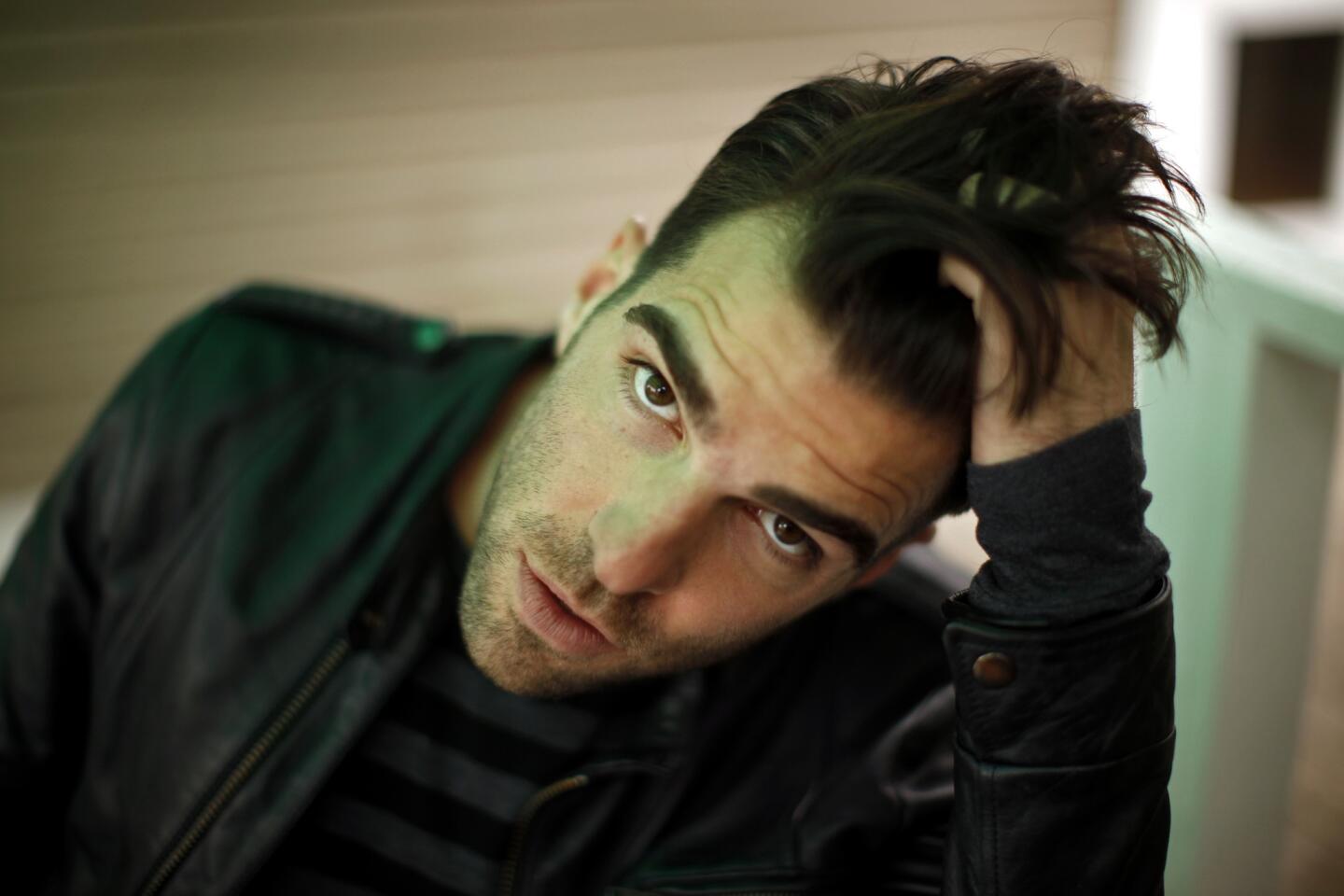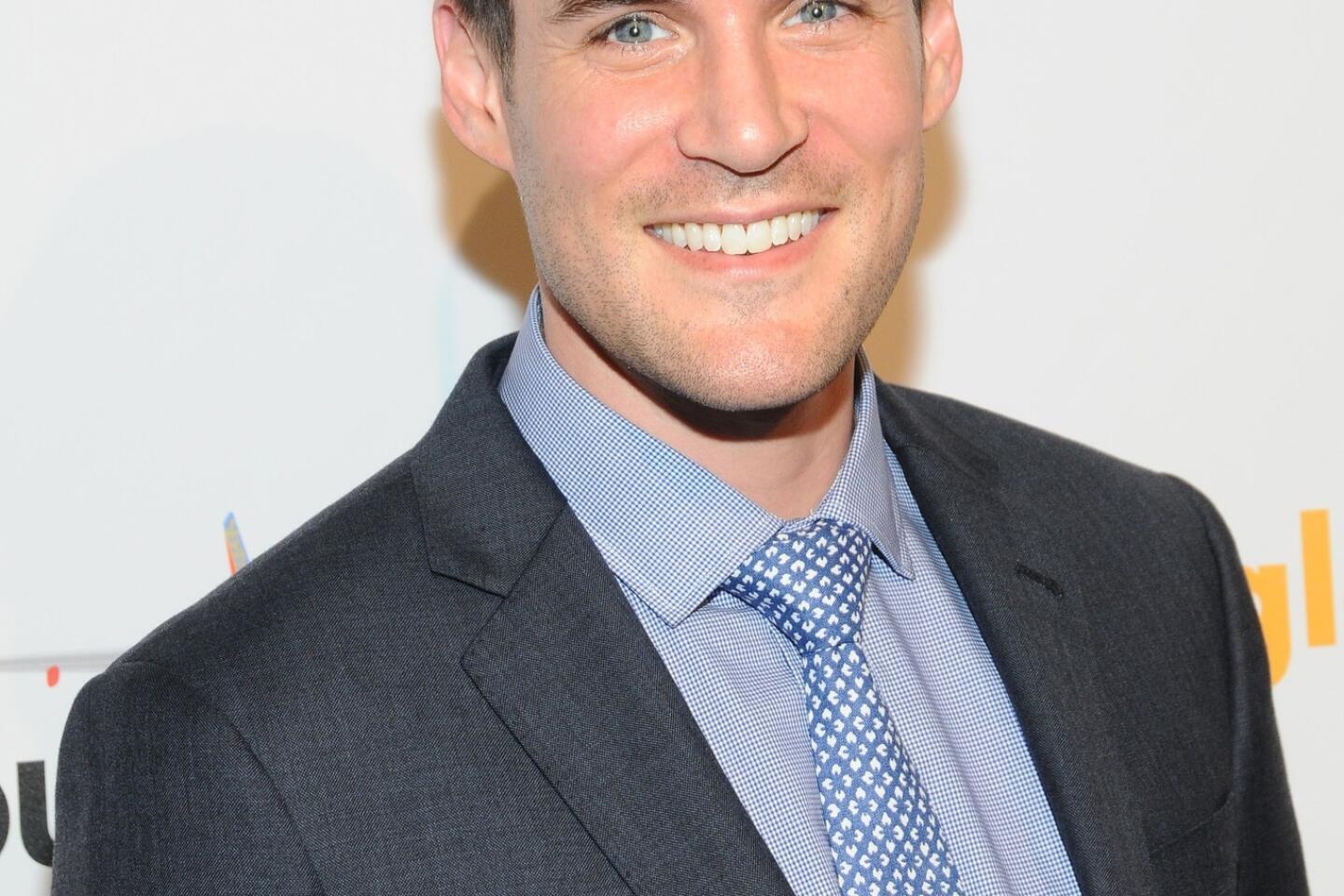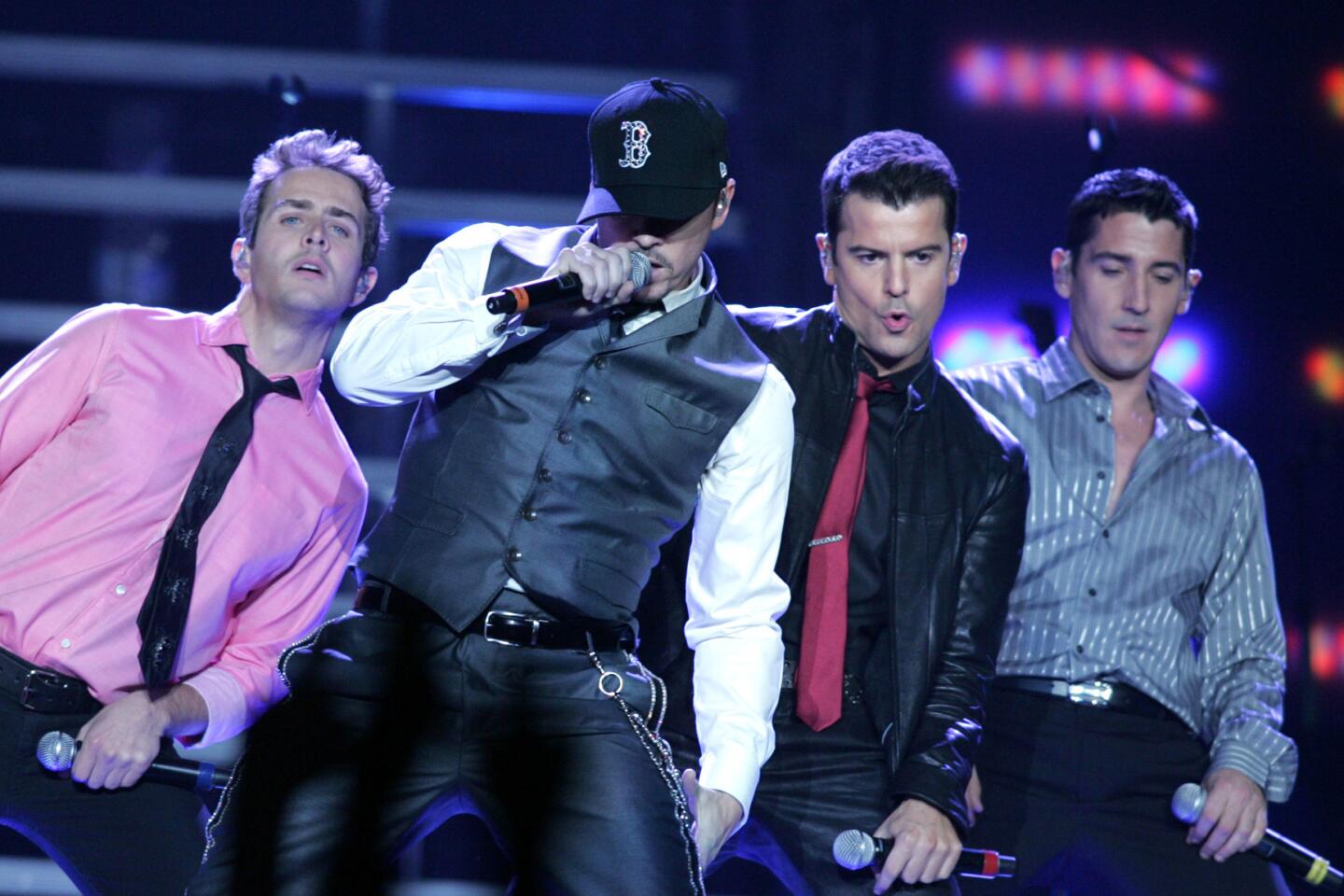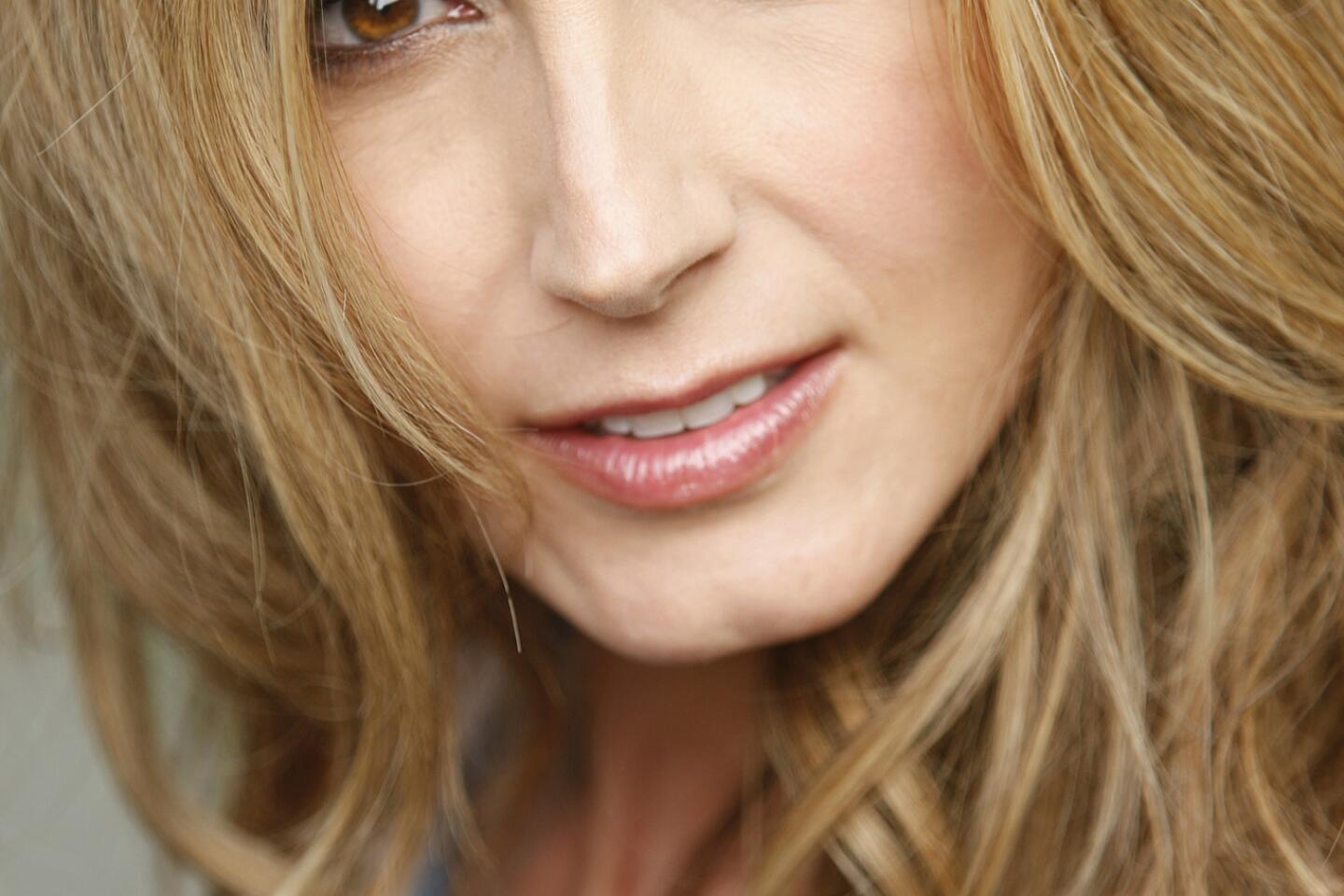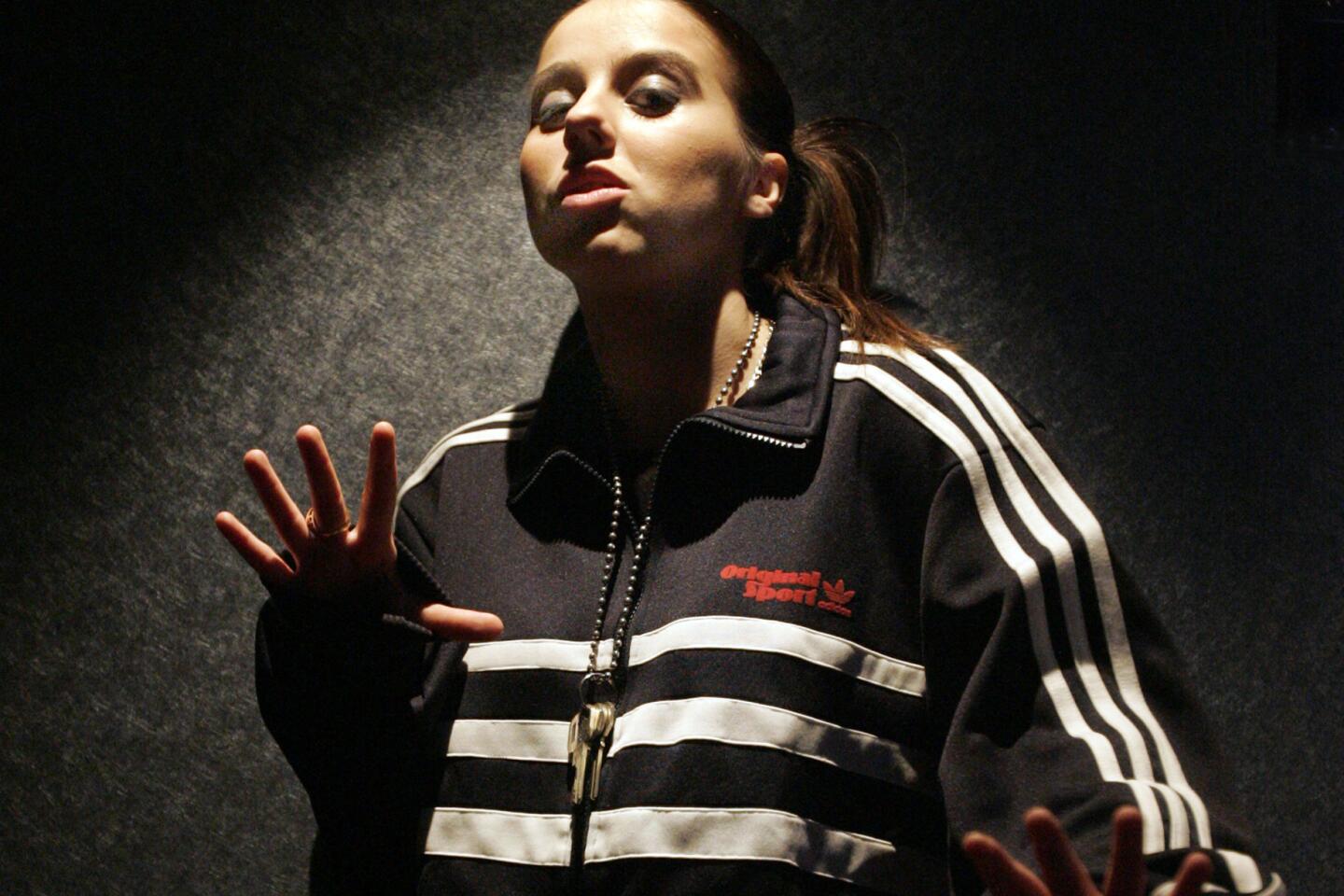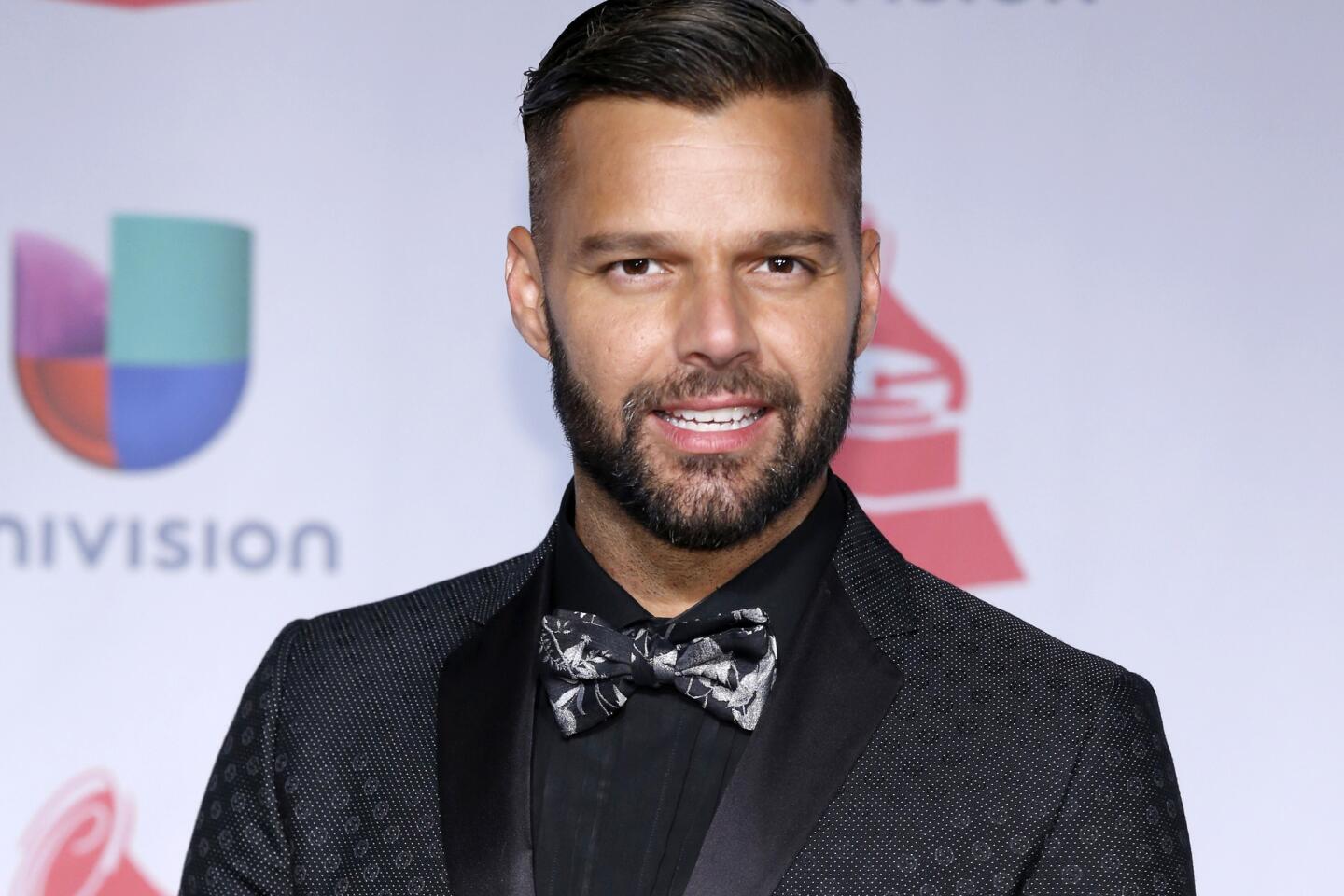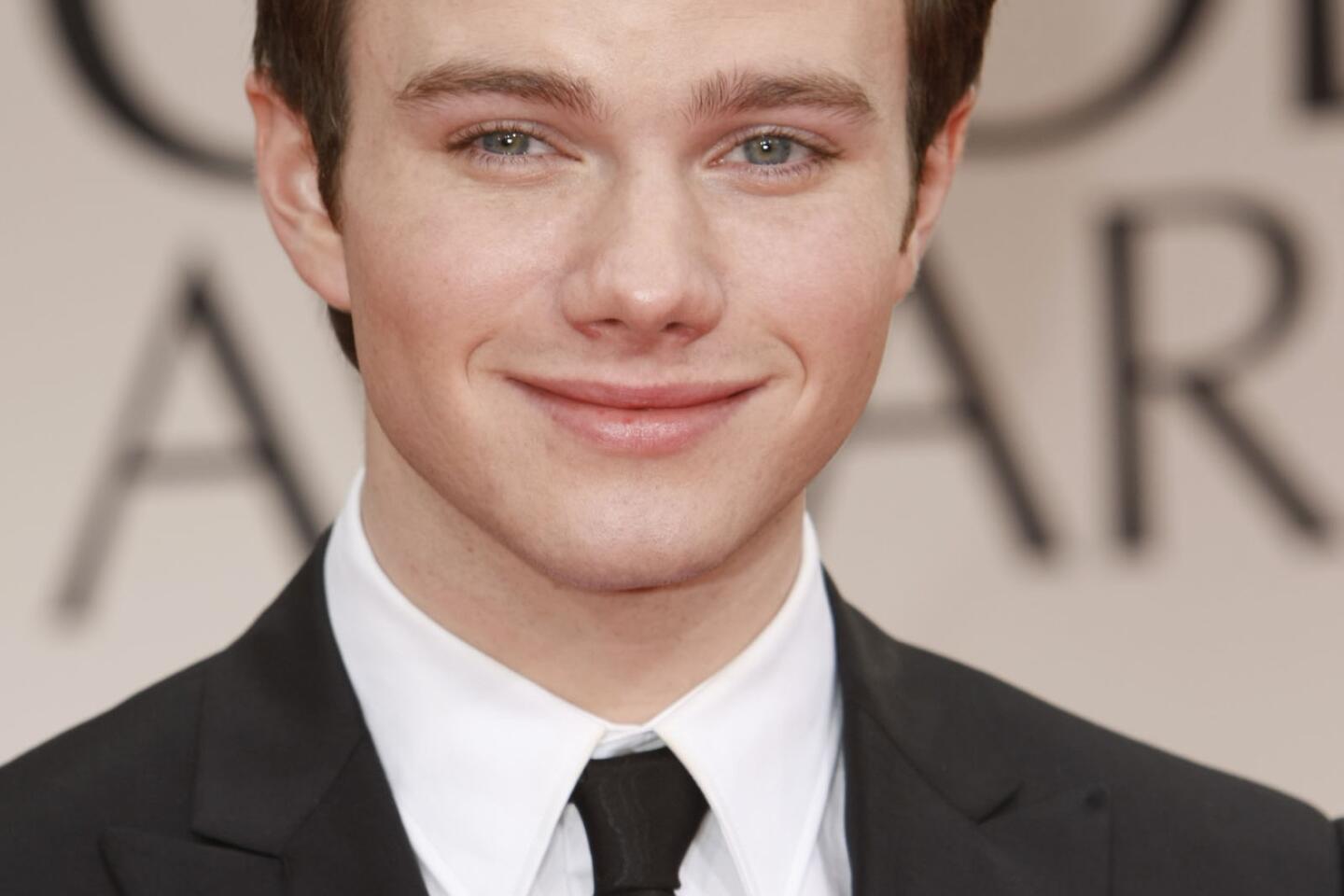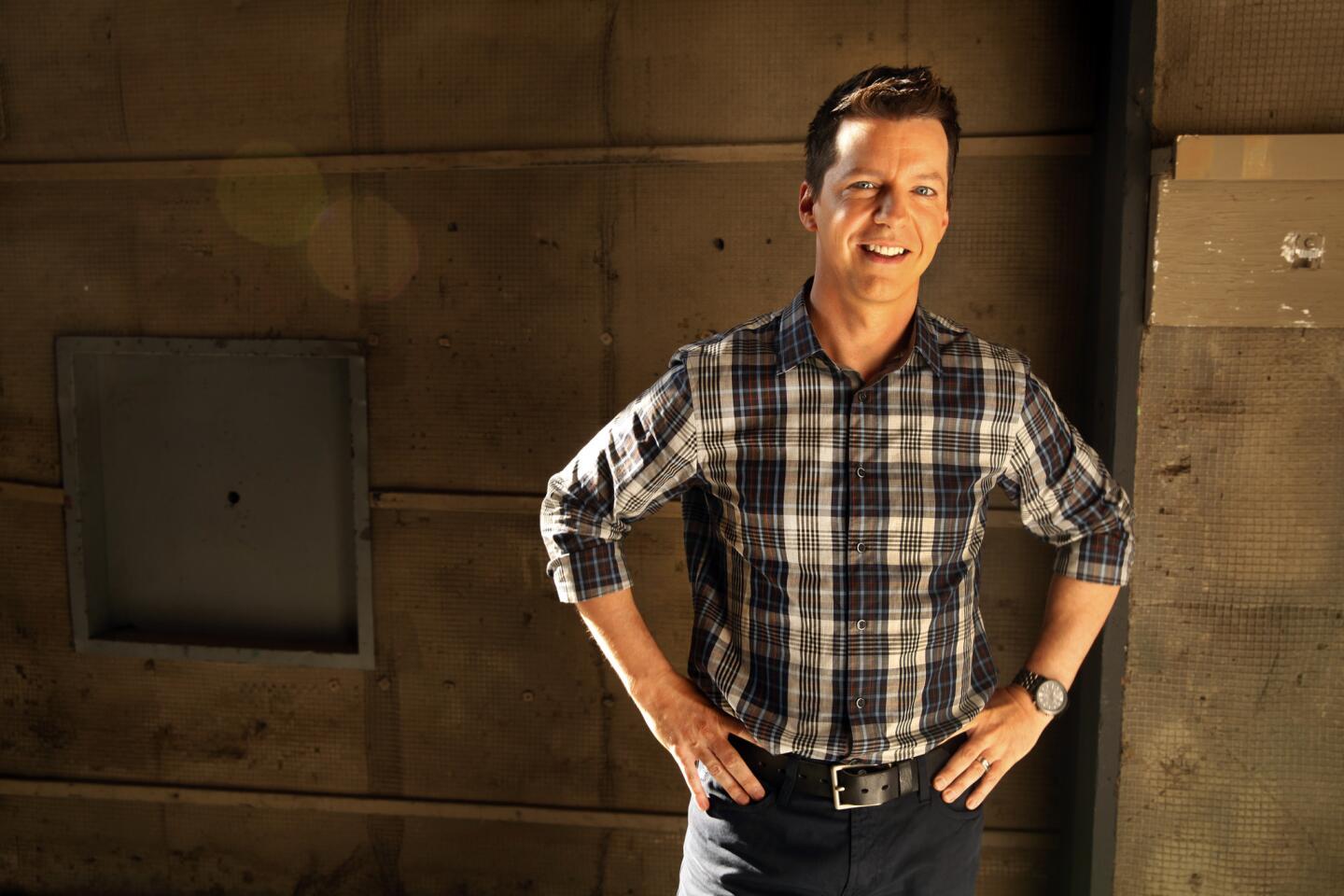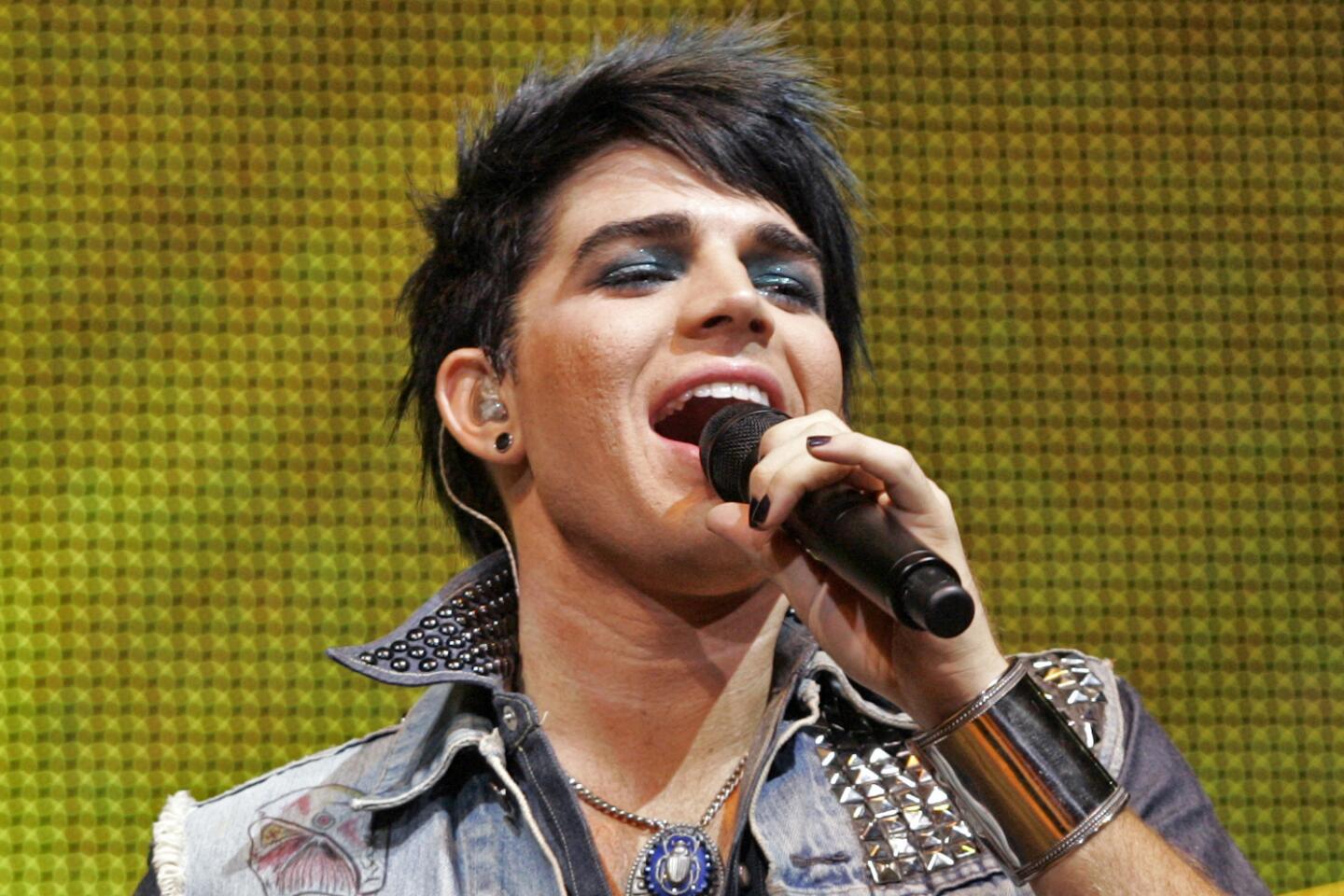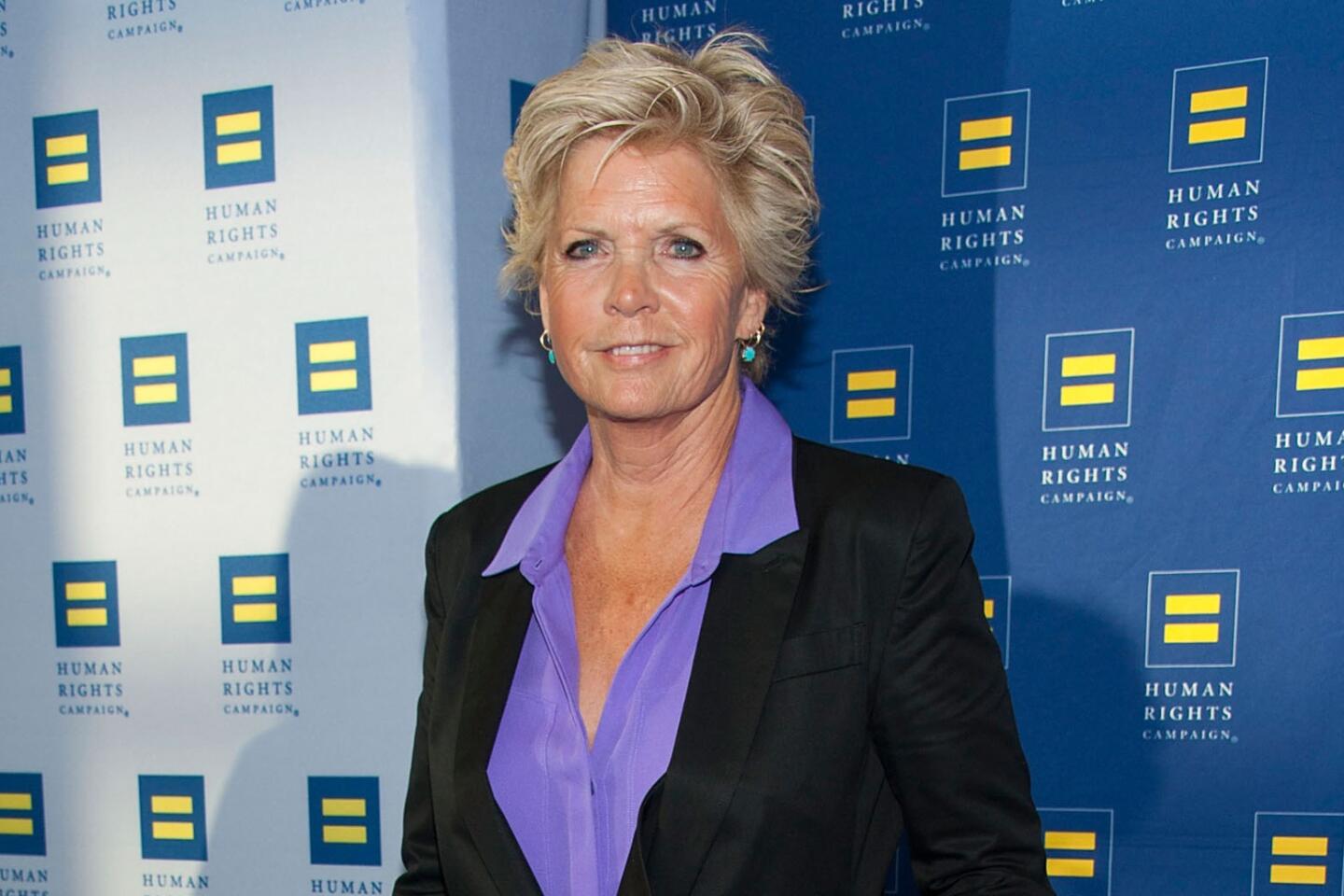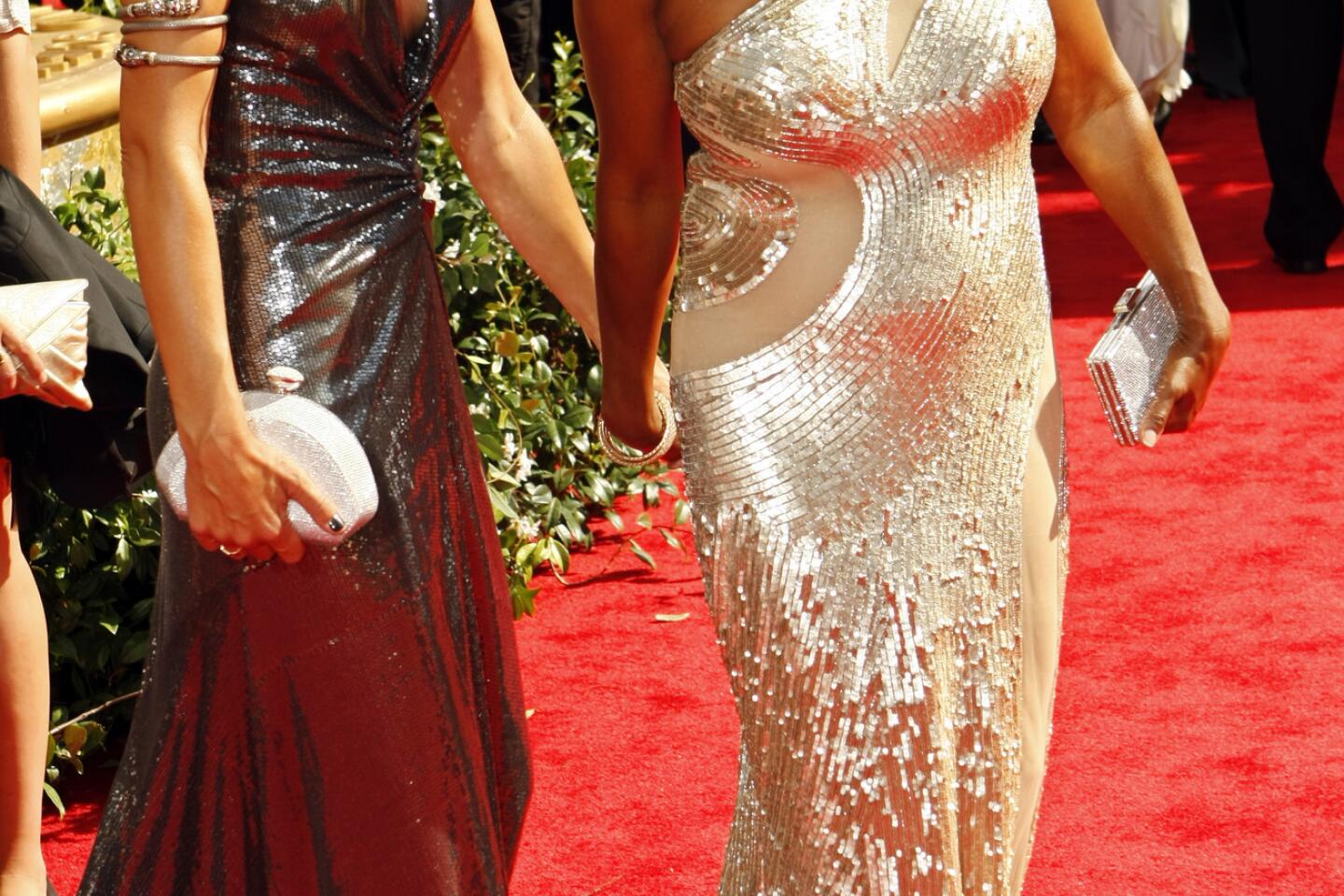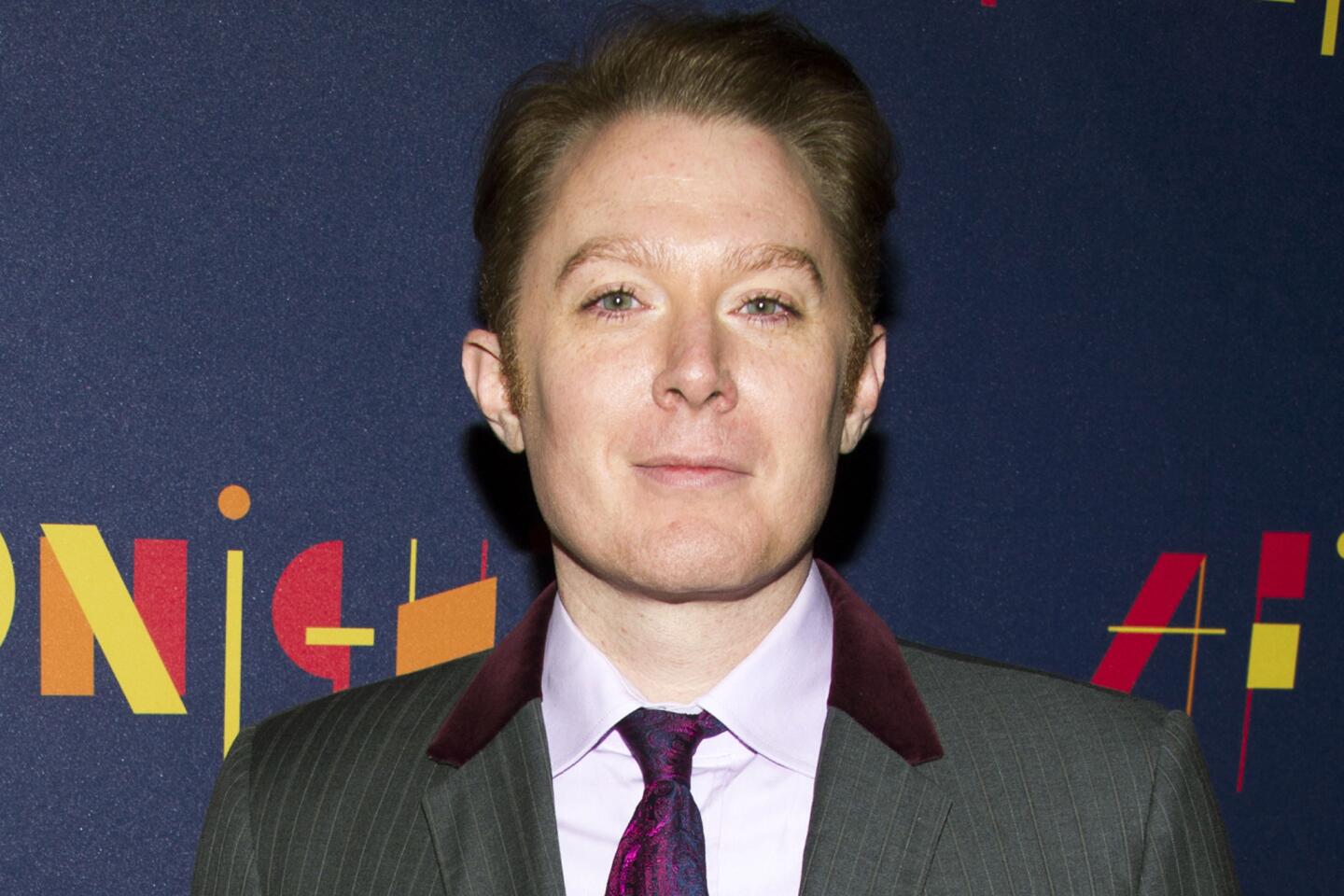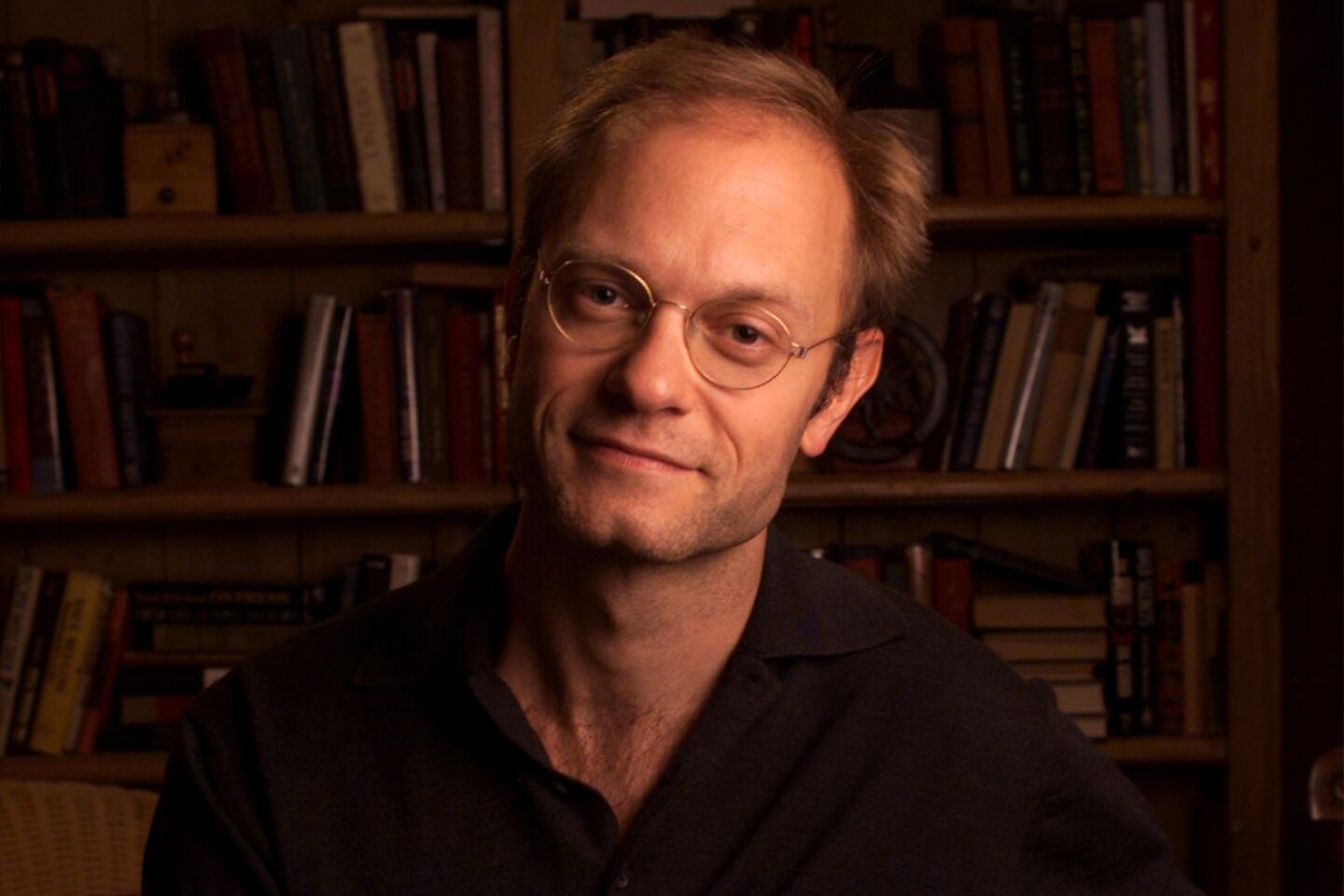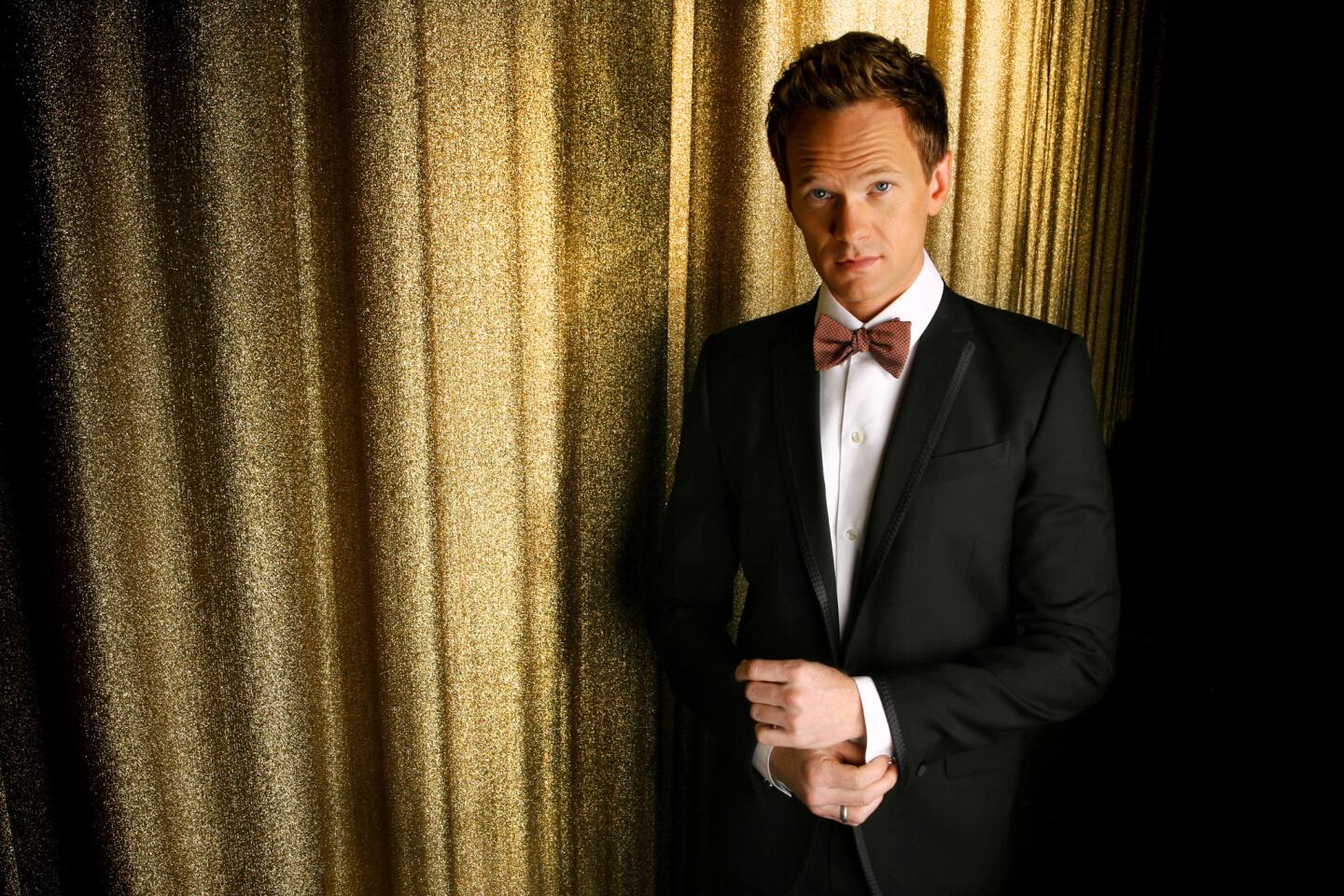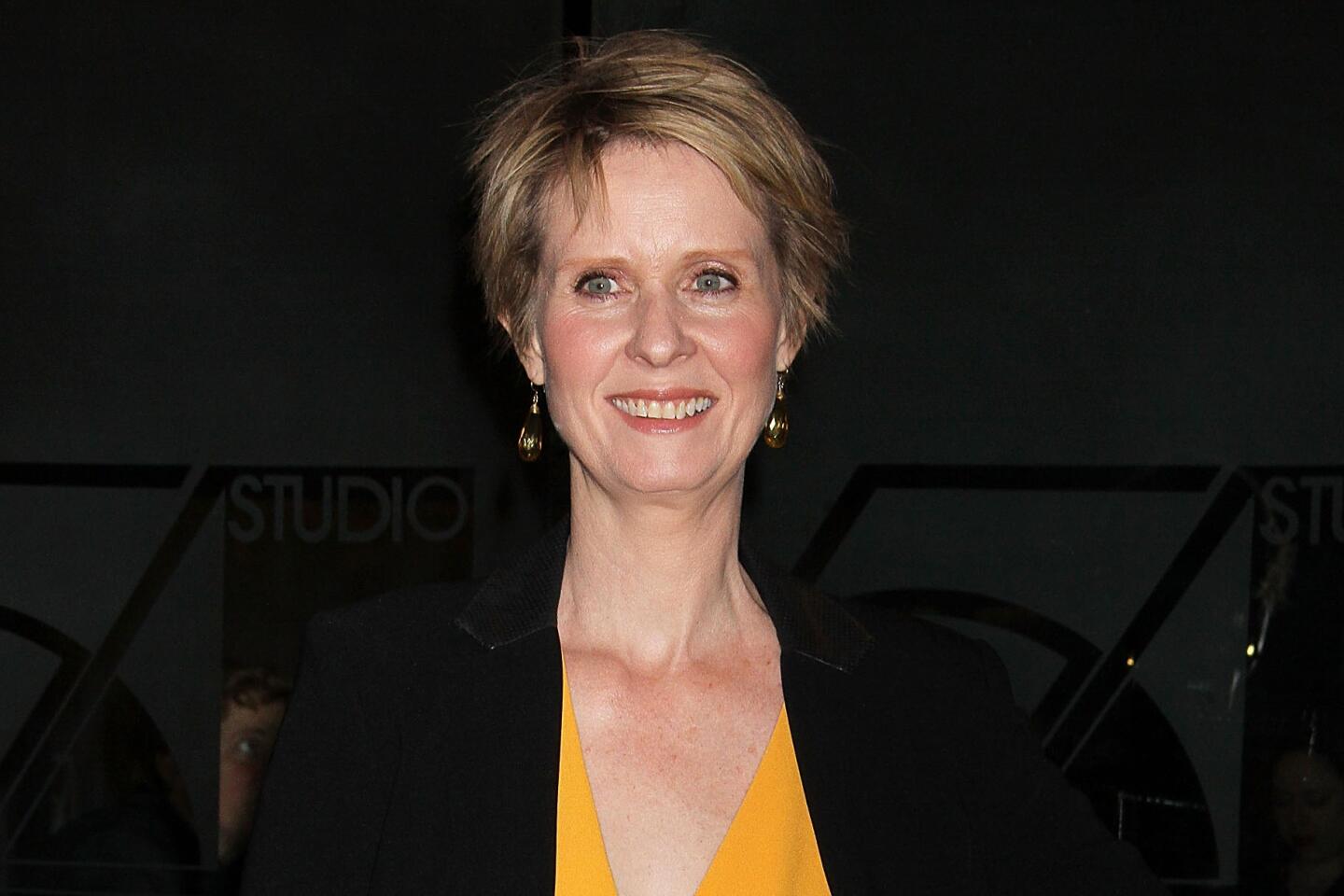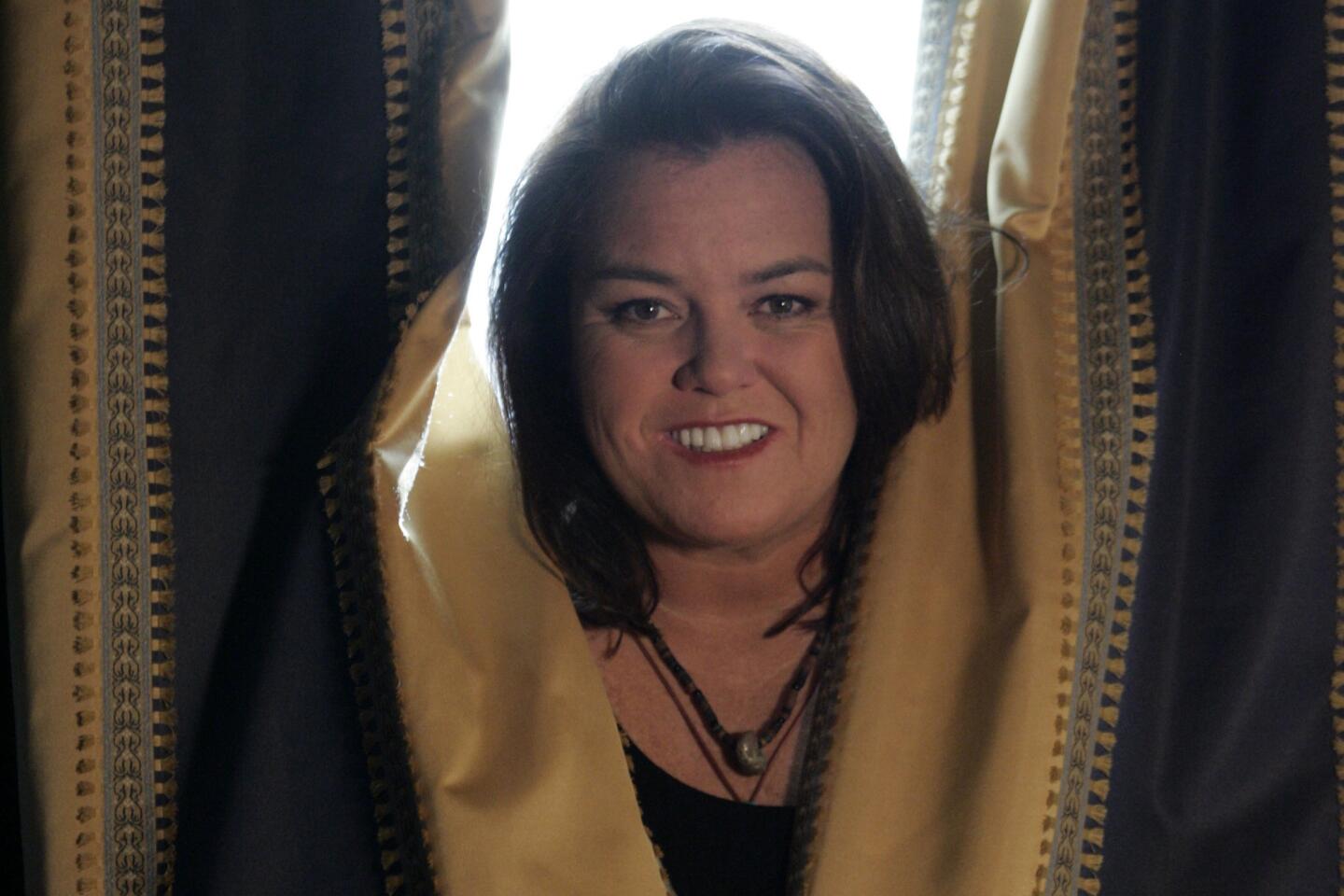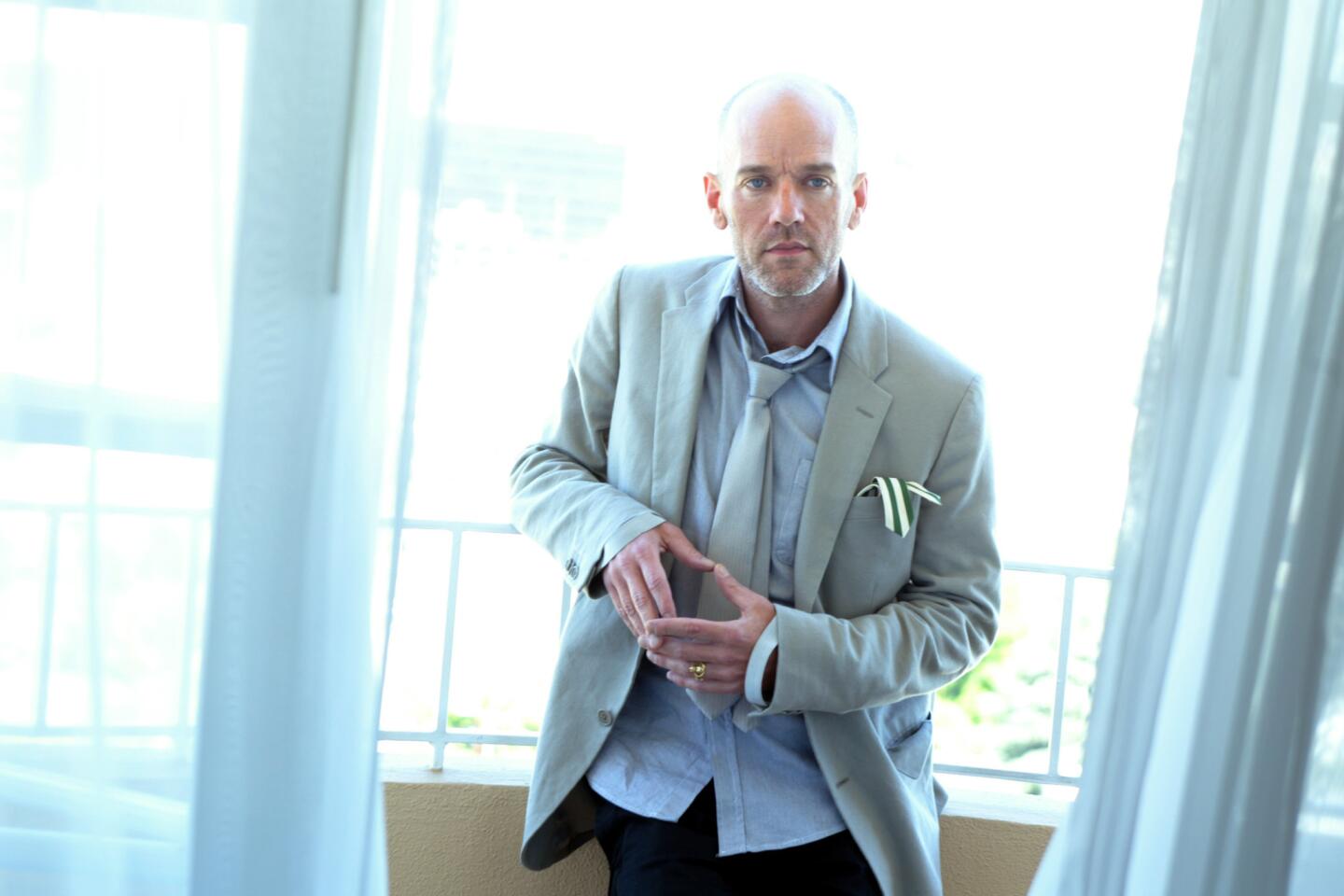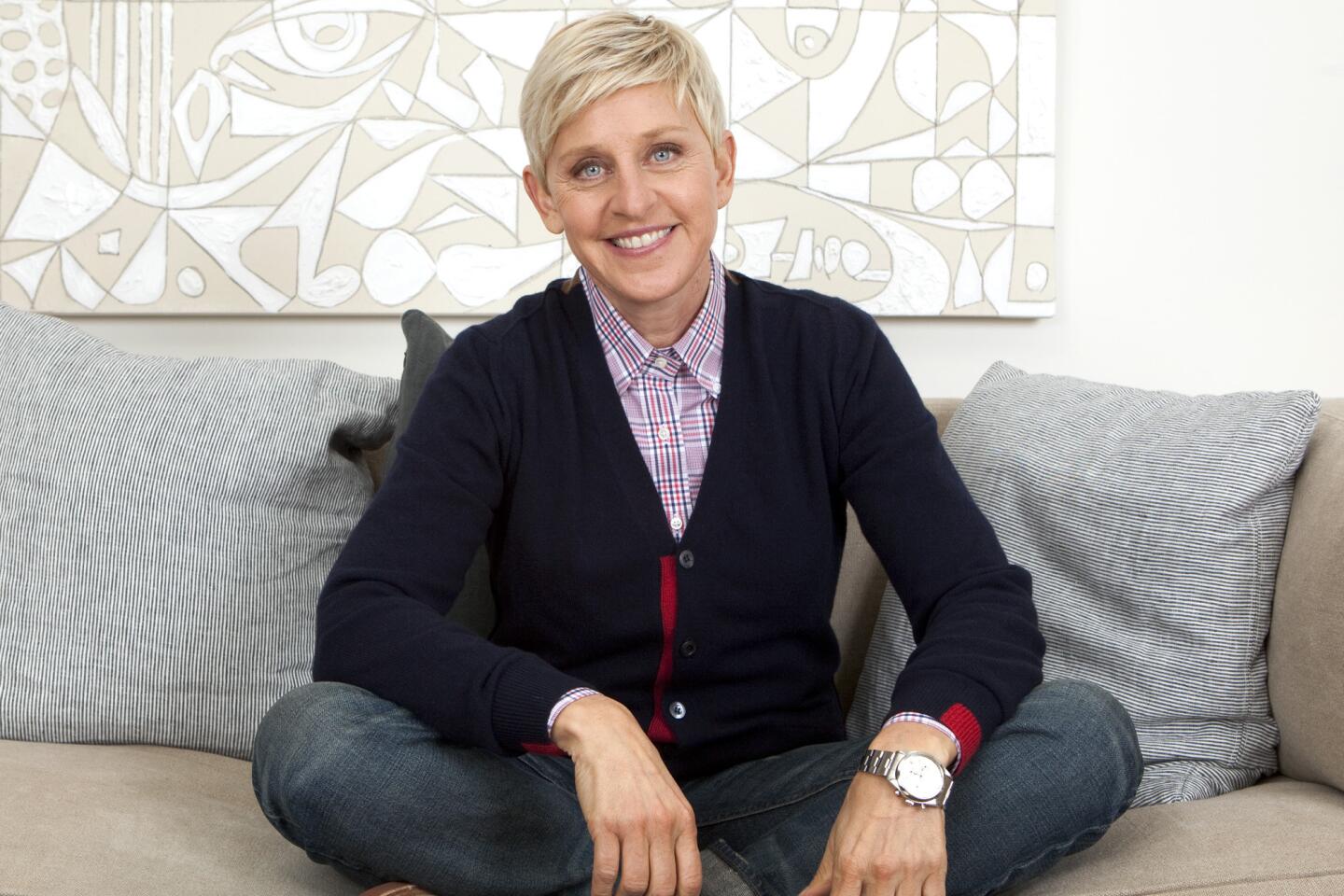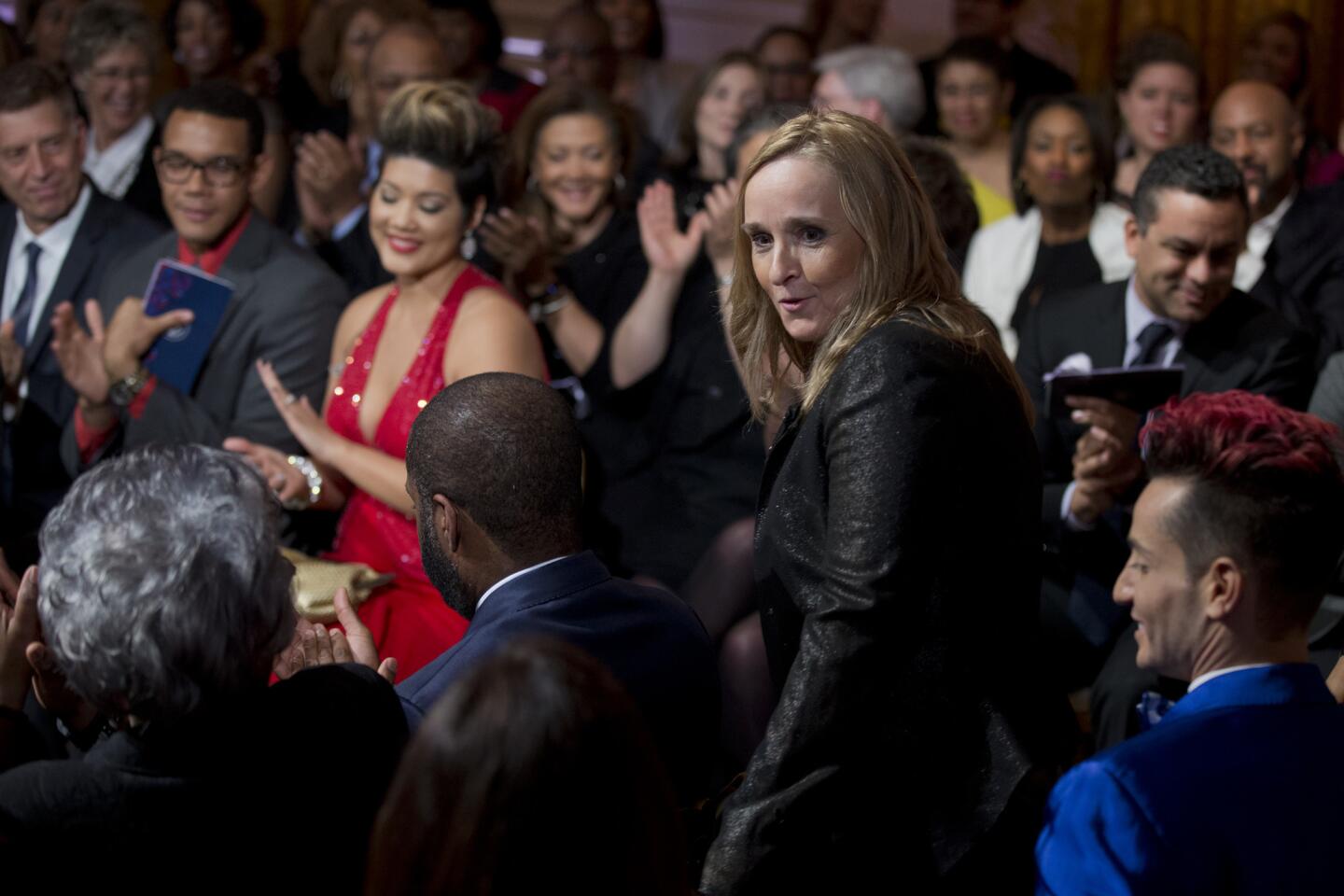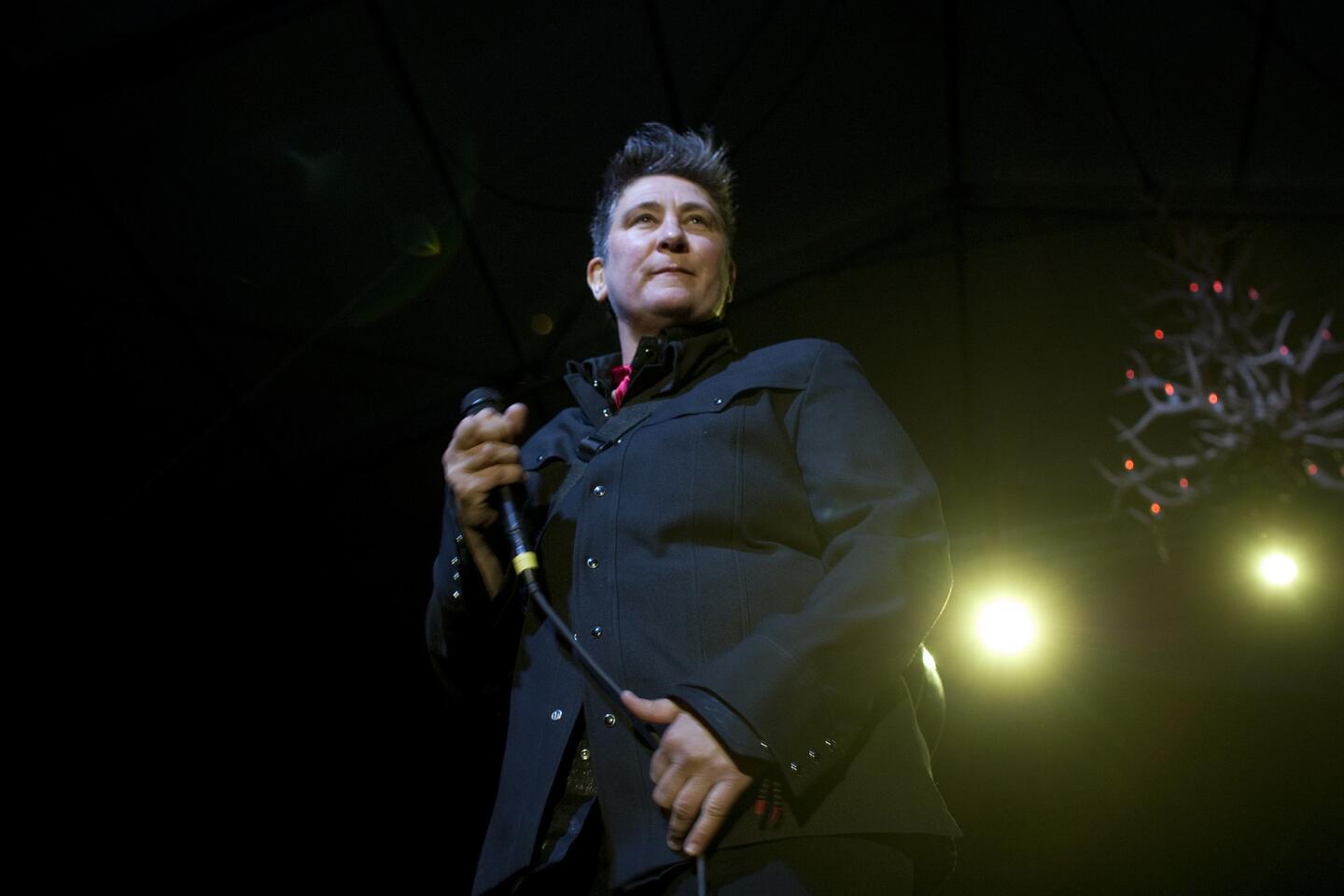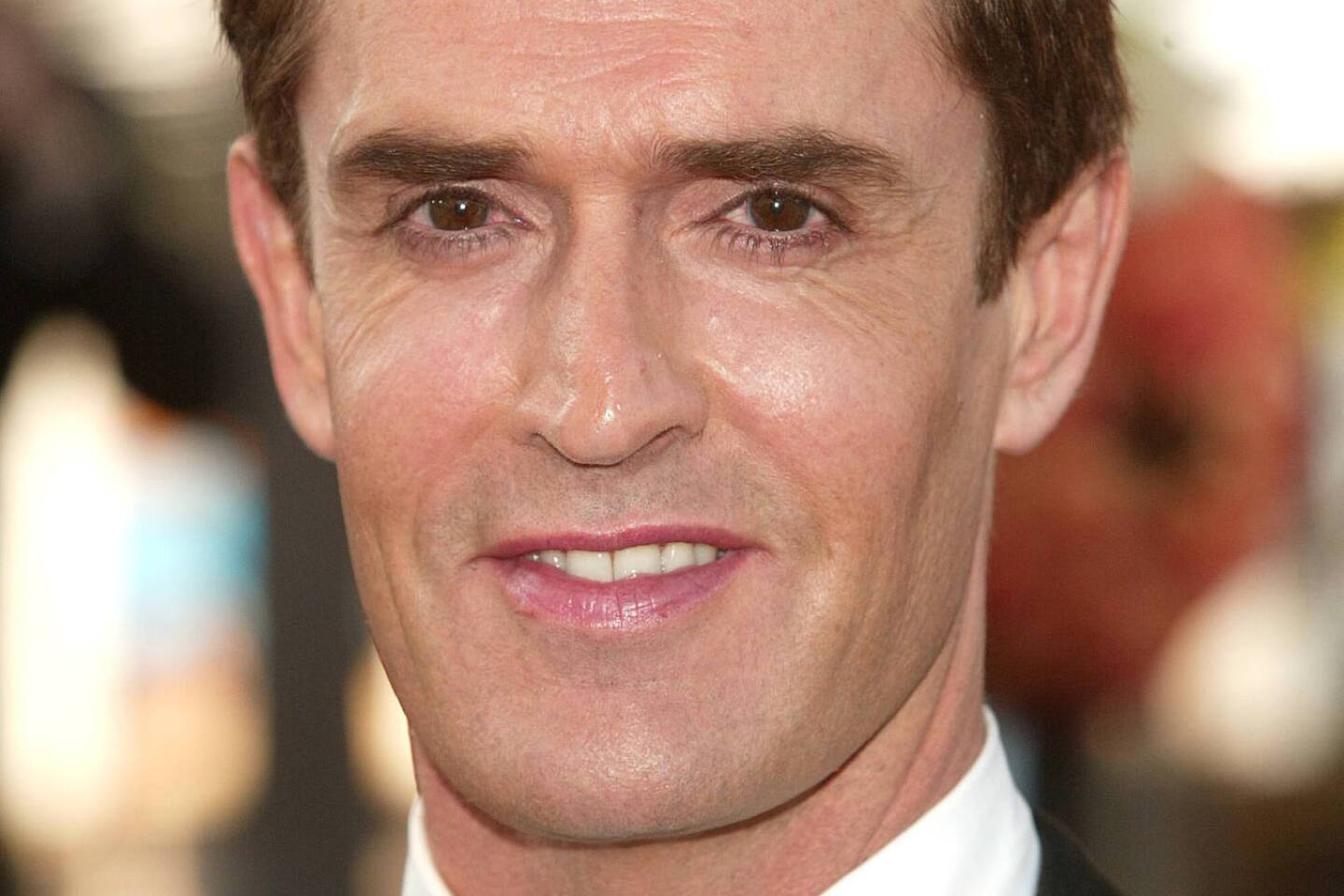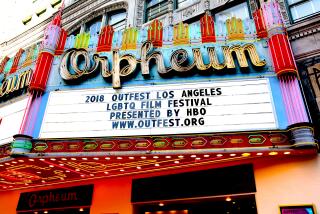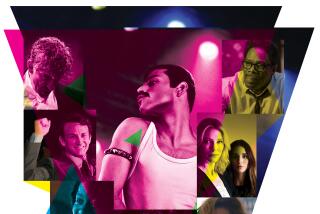GLAAD finds few gay characters in movies
For nearly two decades GLAAD has tracked the presence of lesbian, gay, bisexual and transgender characters on television. Now, the organization is turning its attention to the movies.
The “Studio Responsibility Index,” released by the media monitoring group Wednesday, found a significant lack of LGBT characters and story lines in movies released by the six top-grossing film studios in 2012.
GLAAD staffers reviewed the 101 films released by 20th Century Fox, Paramount Pictures, Sony’s Columbia, Universal Pictures, Walt Disney Studios and Warner Bros. for the presence of LGBT characters and content.
PHOTOS: Gay celebrities: Who is out?
The organization, formerly known as the Gay & Lesbian Alliance Against Defamation, found that only 14 movies featured characters identified as lesbian, gay or bisexual, and none included transgender characters. Just four pictures included LGBT characters that GLAAD determined had substantial roles in the film’s plot.
“I think it is bad because I think movies should reflect our society more,” said producer Dan Jinks, whose credits include “Milk,” which centered on the late gay rights activist Harvey Milk. “And the flip side is that there are now so many gay characters appearing in network and cable television shows.”
GLAAD gave Fox and Disney “failing” grades for the lack of “LGBT-inclusive films,” with Disney releasing one such movie, “The Avengers,” and Fox putting out none. The remaining four studios received “adequate” ratings. None received a grade of “good” or “excellent.”
“Hollywood films are one of the country’s most visible cultural exports. They not only impact culture in our country, but in other places too,” said GLAAD spokesman Wilson Cruz, who noted the recent passage of an anti-gay law in Russia that makes it a crime to publicly support “nontraditional” relationships. “It is a very timely report.”
PHOTOS: Celebrities by The Times
A GLAAD official said the organization shared some data from the report with the studios before its release. All six studios declined to comment or did not respond to requests for comment.
GLAAD releases two annual reports that examine the television business. One of those studies is the “Network Responsibility Index,” which tracks on TV what the new study tracked on film.
The other, “Where We Are on TV,” records the number of series with regular LGBT characters. The most recent report found that at the start of the 2012-13 television season, the number of lesbian, gay, bisexual and transgender people in scripted television series was at a record high.
Cruz and Matt Kane, associate director of entertainment media at GLAAD, said the television industry had made great strides in the last decade or so, with the findings from last year leading GLAAD to consider the movie business.
ON LOCATION: Where the cameras roll
“We are hoping that the same thing that happened in the TV industry happens in the film industry,” said Cruz, also an actor best known for playing a gay high school student on “My So-Called Life,” a TV show that aired for one season in 1994-95 and now has a cult following.
The Studio Responsibility Index introduces a test, named for GLAAD co-founder Vito Russo, that the organization hopes movie studios will apply to its projects. To pass the “Russo Test,” a film must contain an identifiably LGBT character, who must not be solely identified by their sexual orientation or gender identity, and who must be tied to the film’s plot so that his or her removal from the story would have a major effect on it.
According to the report, six of the 14 studio films that featured LGBT characters passed the Russo Test.
Kane said “Cloud Atlas,” an independent movie distributed by Warner Bros. in the U.S. and Canada, was the most LGBT-inclusive film released by a major studio in 2012. The Tom Hanks-starring picture, directed by Lana and Andy Wachowski and Tom Tykwer, passed the Russo Test.
PHOTOS: Hollywood Backlot moments
Also drawing positive notice from GLAAD, and passing the Russo Test, were Universal’s “Pitch Perfect” and Paramount’s “Fun Size.” Universal and Sony each released four LGBT-inclusive films in 2012 — more than the other major studios.
Films released by the studios’ specialty imprints, such as Universal’s Focus Features, were not included in the tallies. Companies like Focus, Sony Pictures Classics and Fox Searchlight Pictures — all known for their independent sensibilities — released films in 2012 that featured LGBT characters. Under the parameters of the study, Jinks’ “Milk,” which was released by Focus in 2008, wouldn’t have been included in the tally.
Kane said GLAAD considered whether to include those specialty imprints’ films in the tallies of pictures released by their parent companies, but opted not to in part because it wanted to focus on the area in which studios “commit the majority of their capital and promotional efforts.”
“The films produced by the main studio division also tend to receive much wider initial releases and international exposure than their independent or low-budget counterparts, so they have better potential for reaching a mainstream, global audience,” he said.
More to Read
From the Oscars to the Emmys.
Get the Envelope newsletter for exclusive awards season coverage, behind-the-scenes stories from the Envelope podcast and columnist Glenn Whipp’s must-read analysis.
You may occasionally receive promotional content from the Los Angeles Times.
